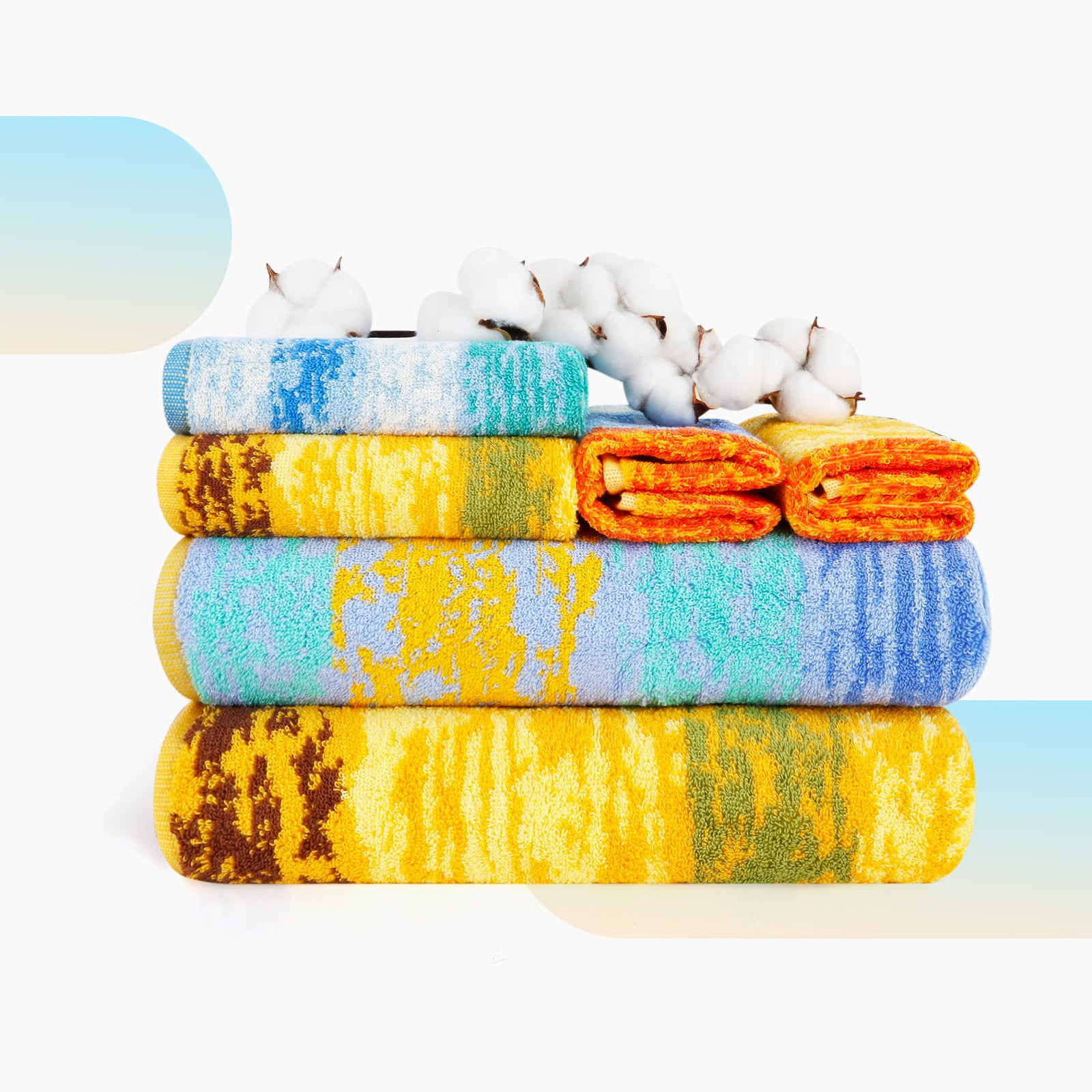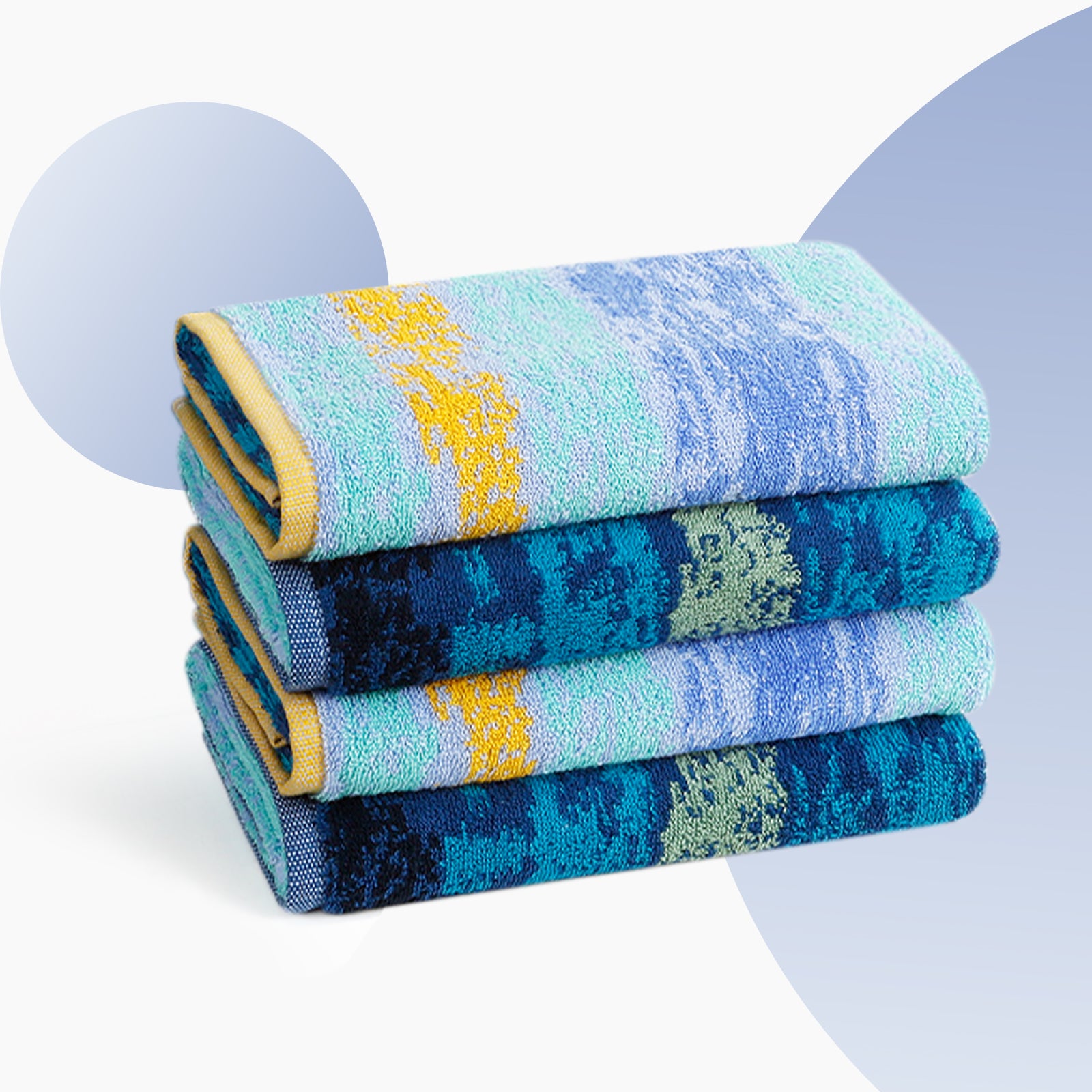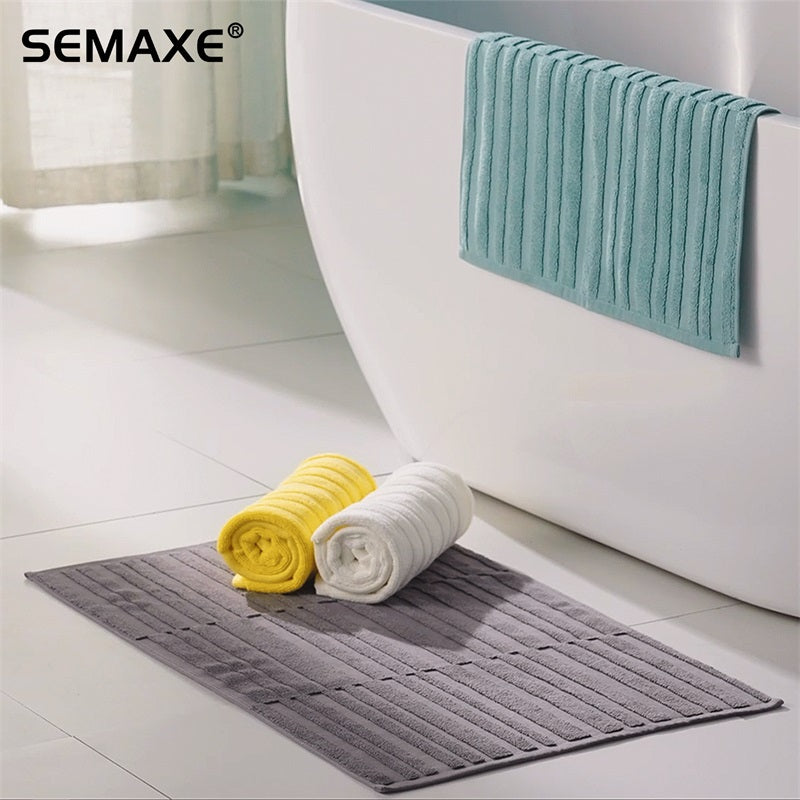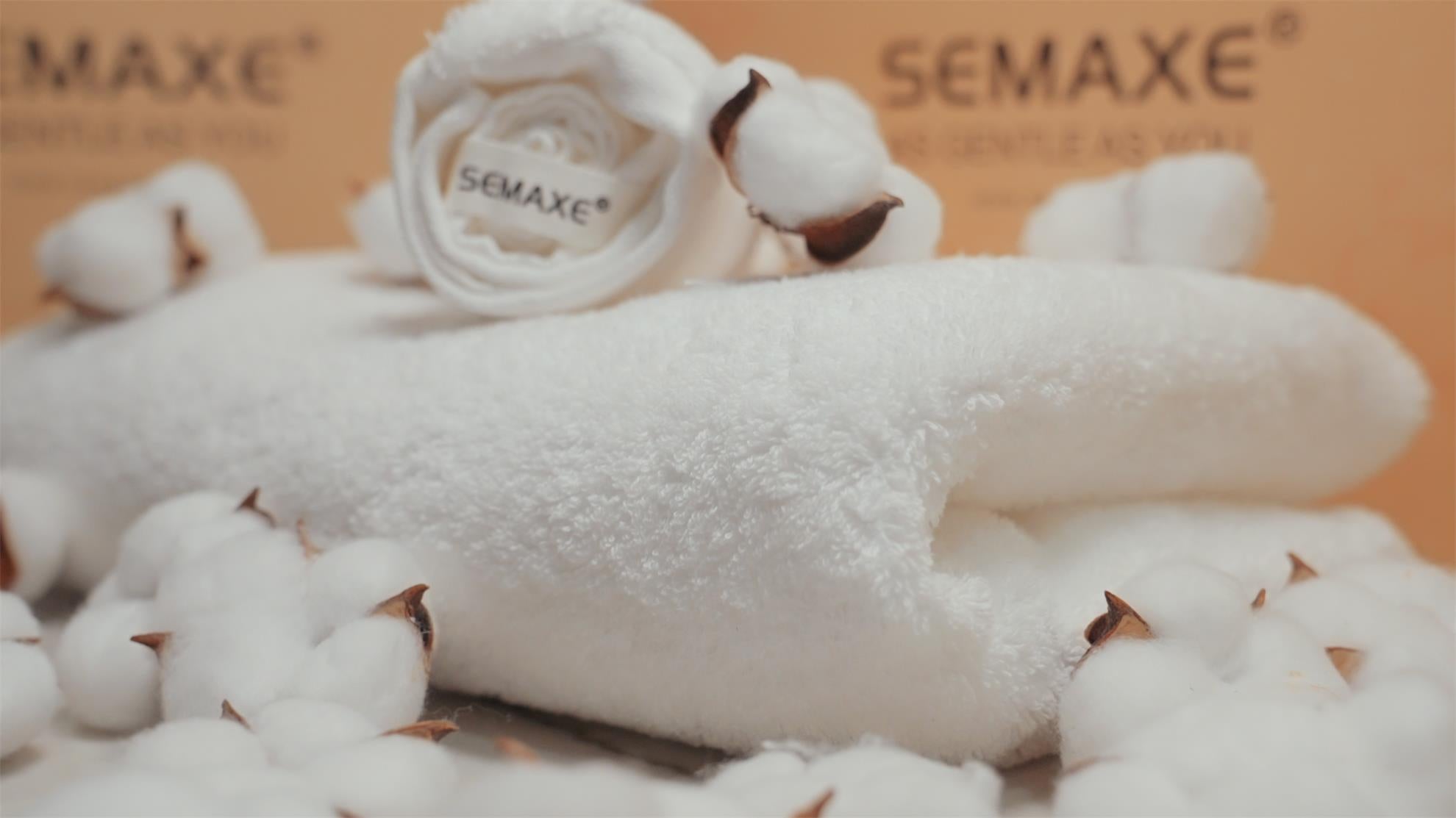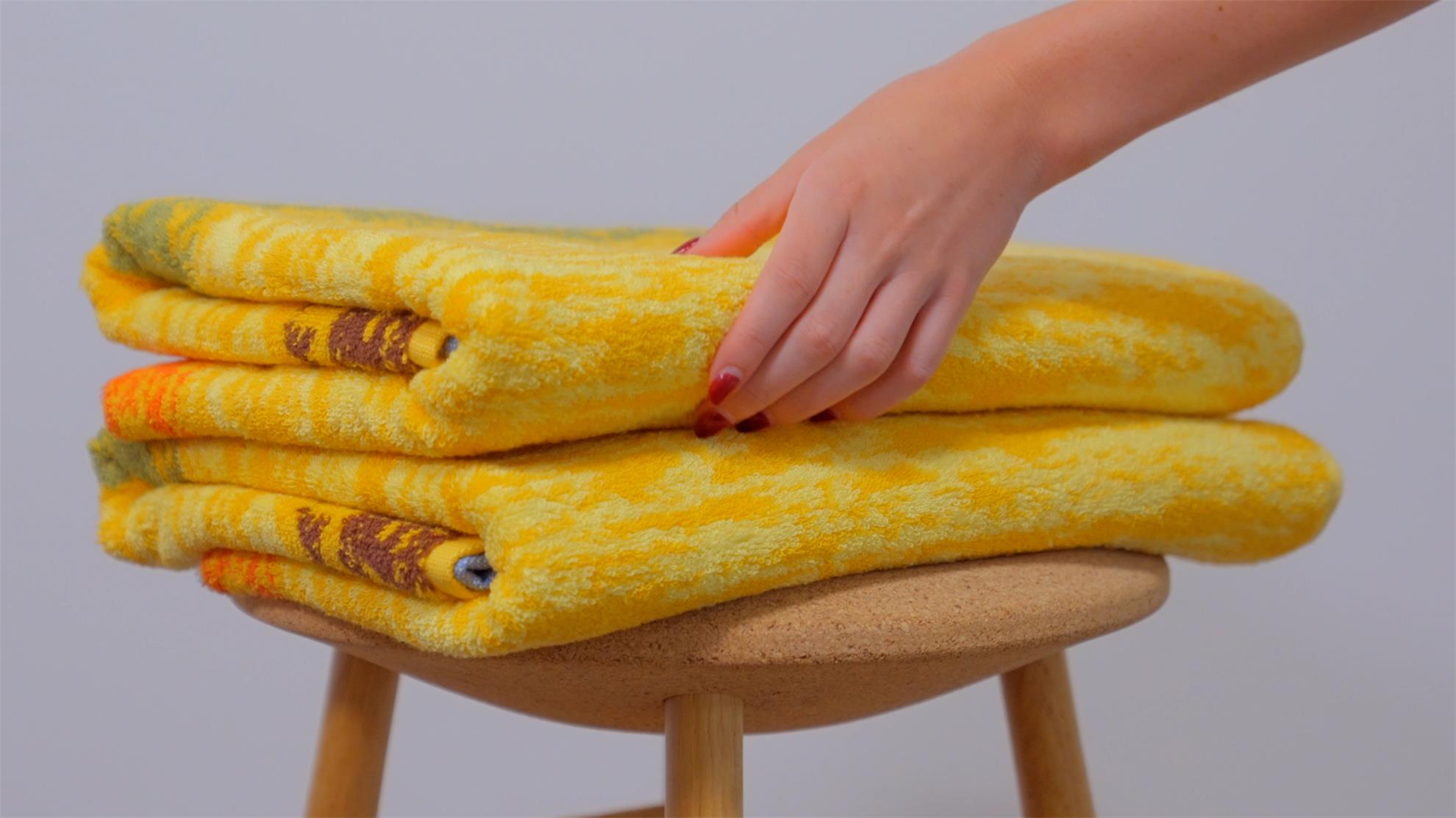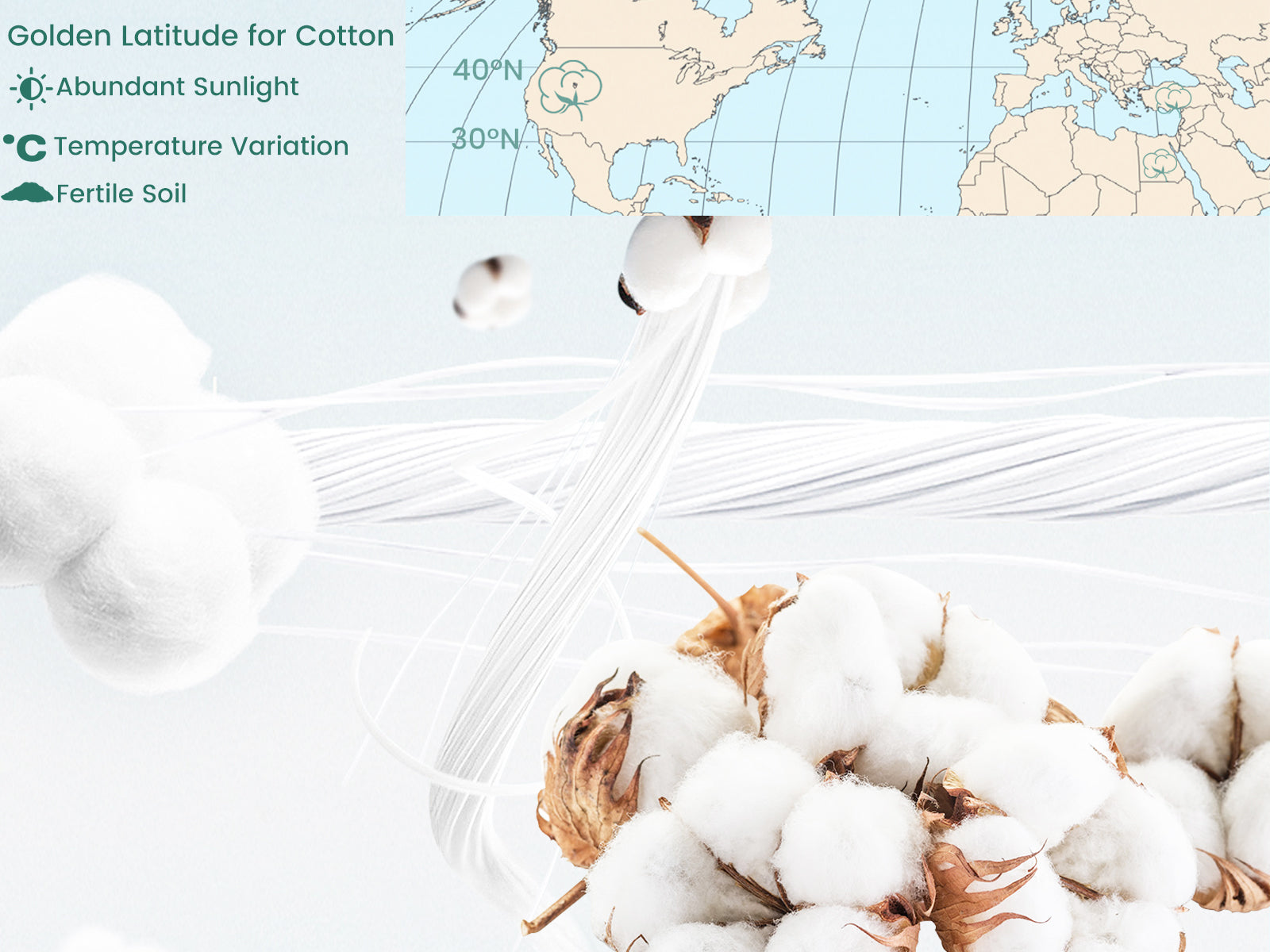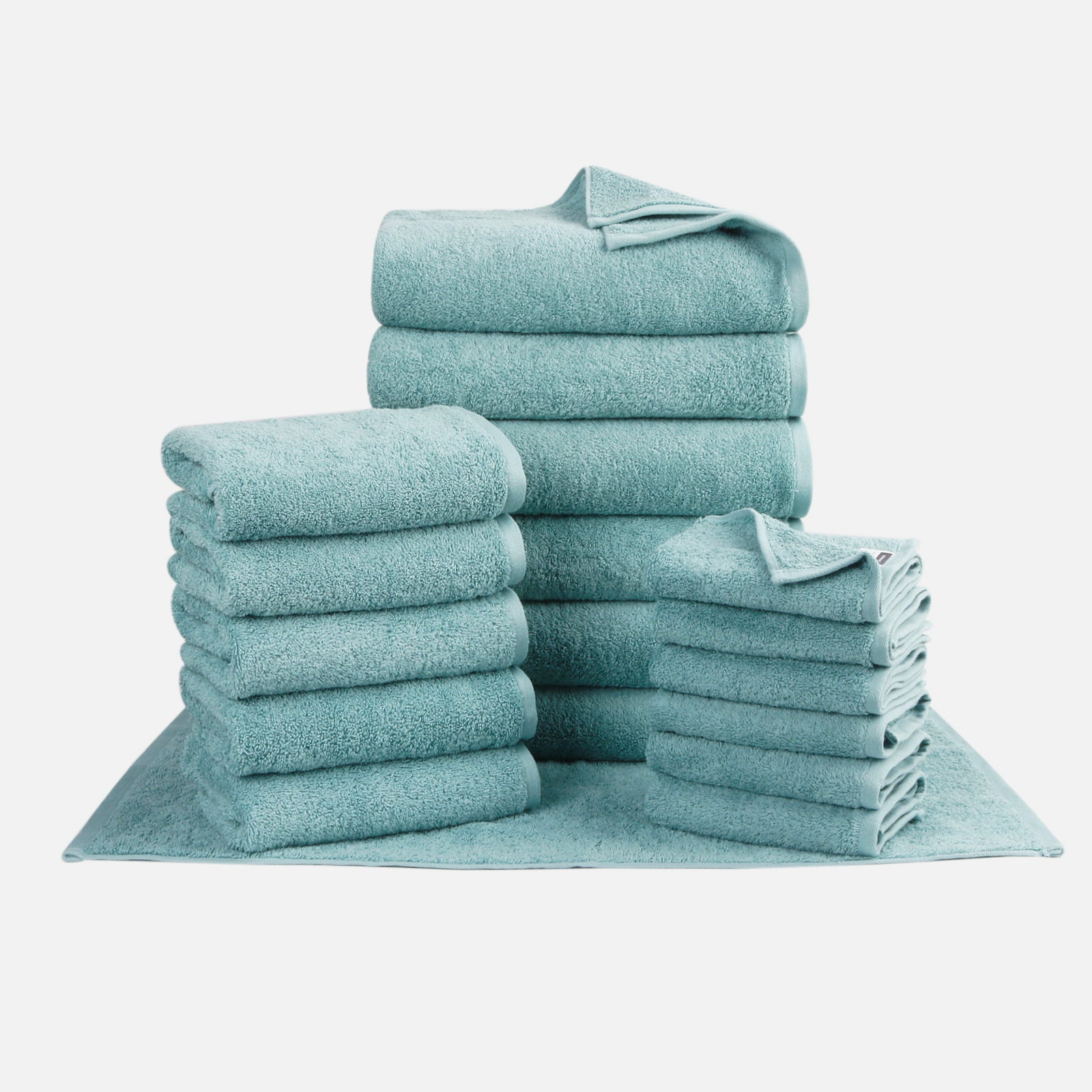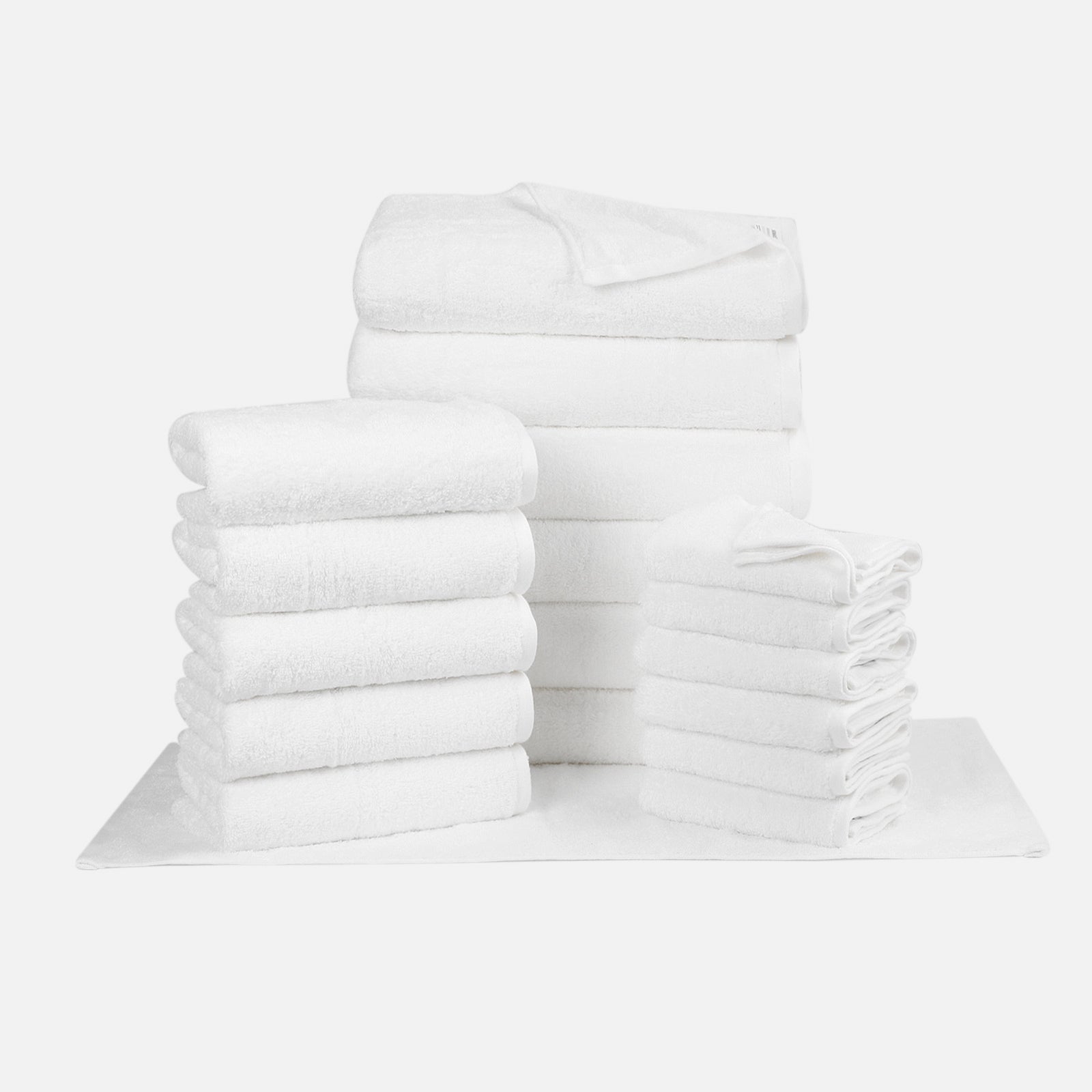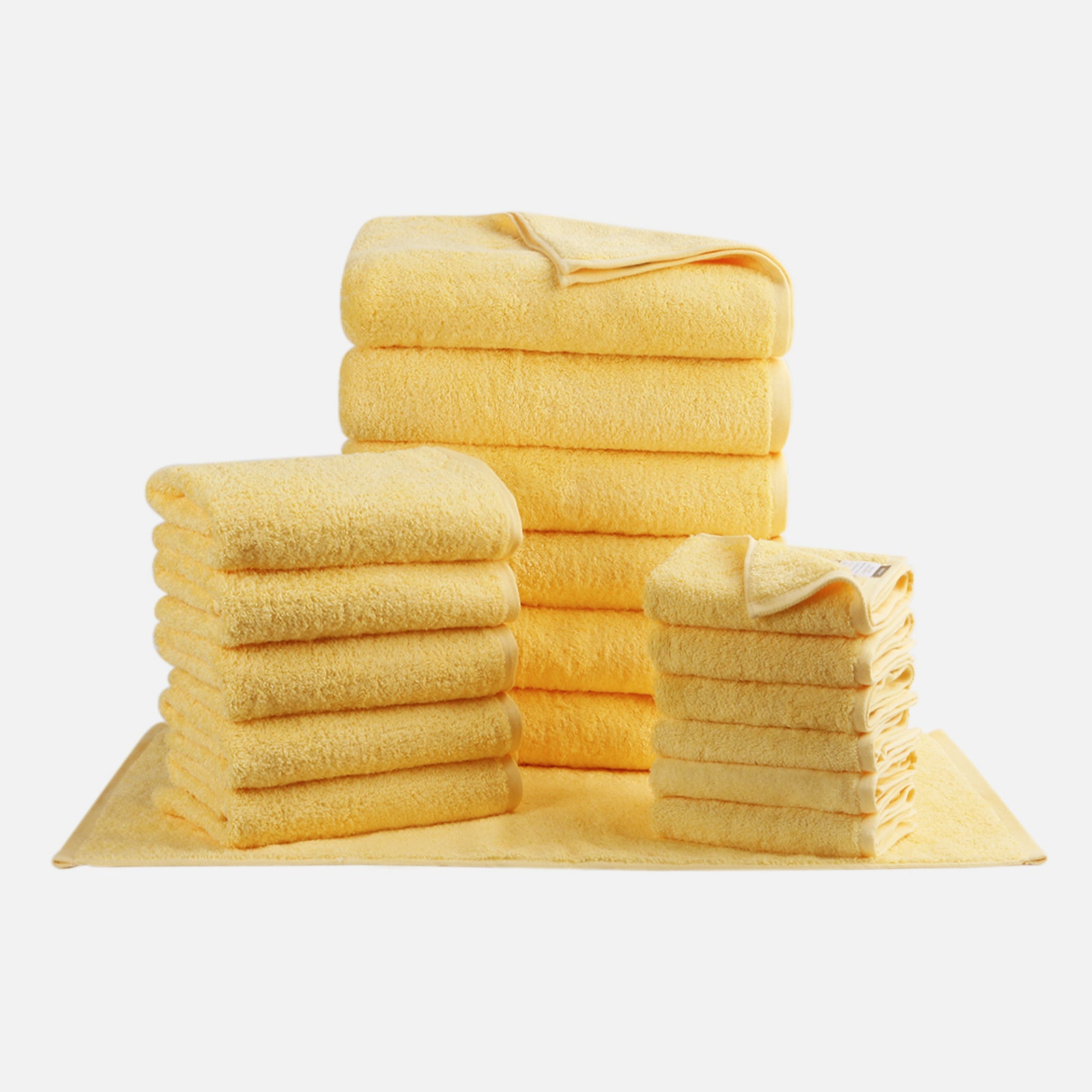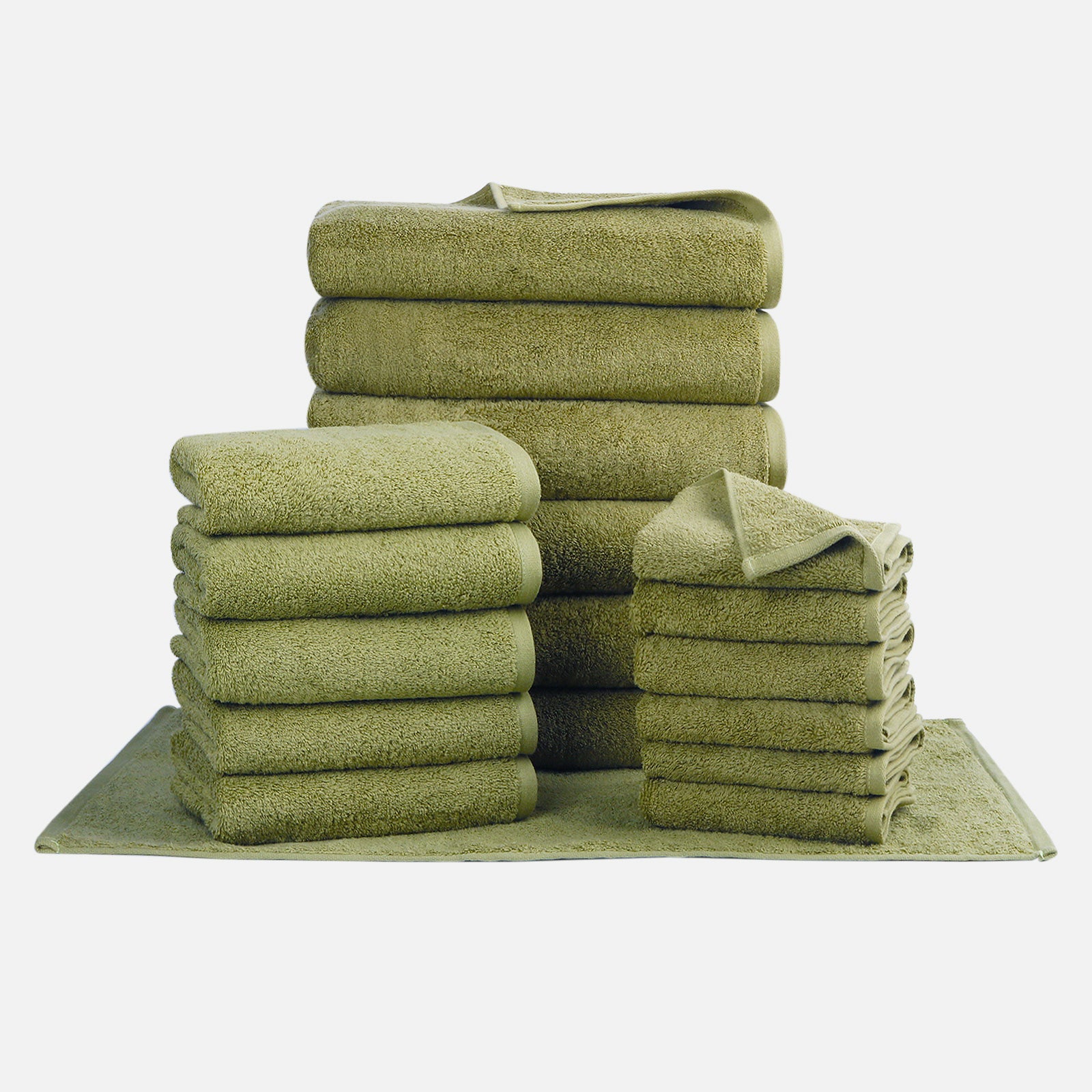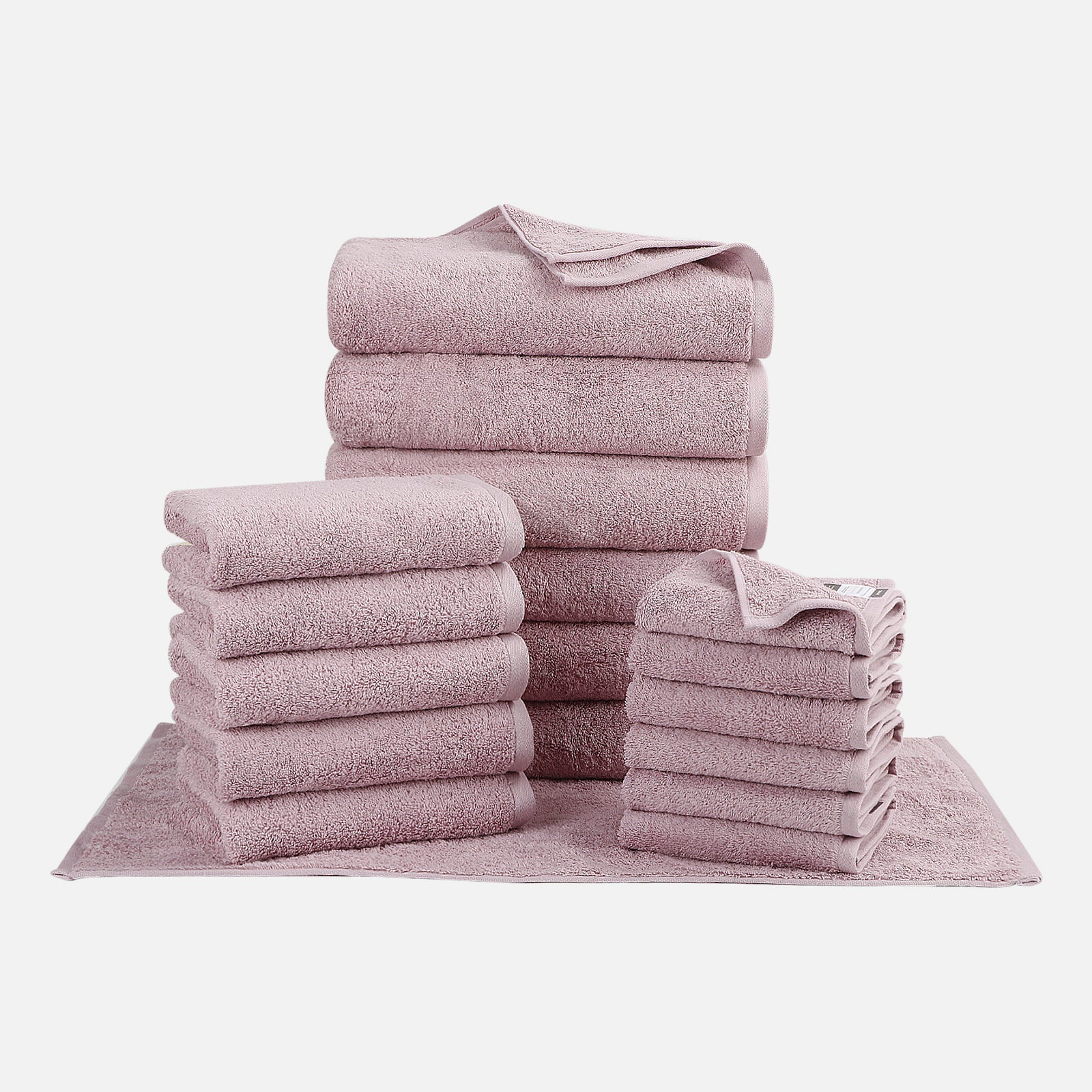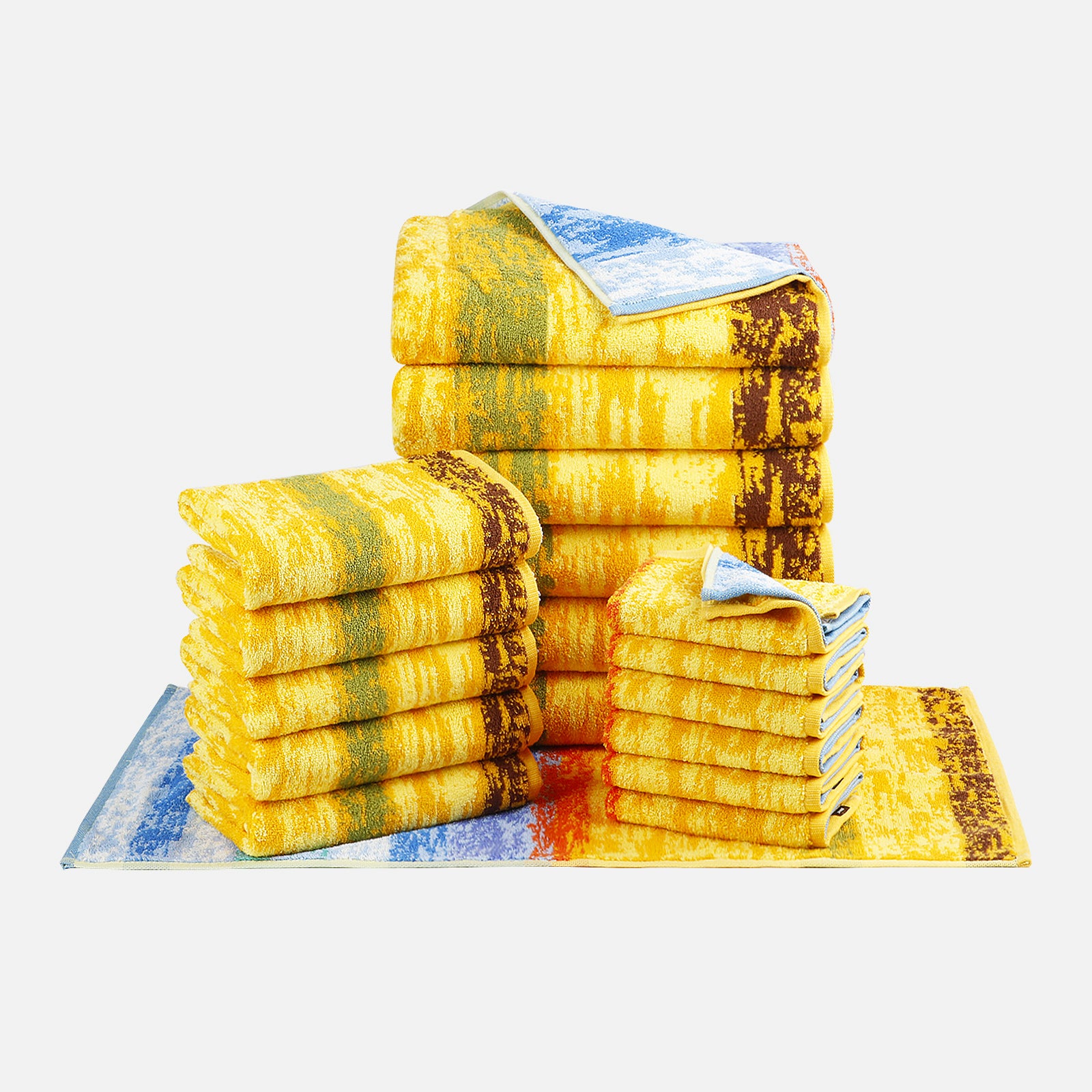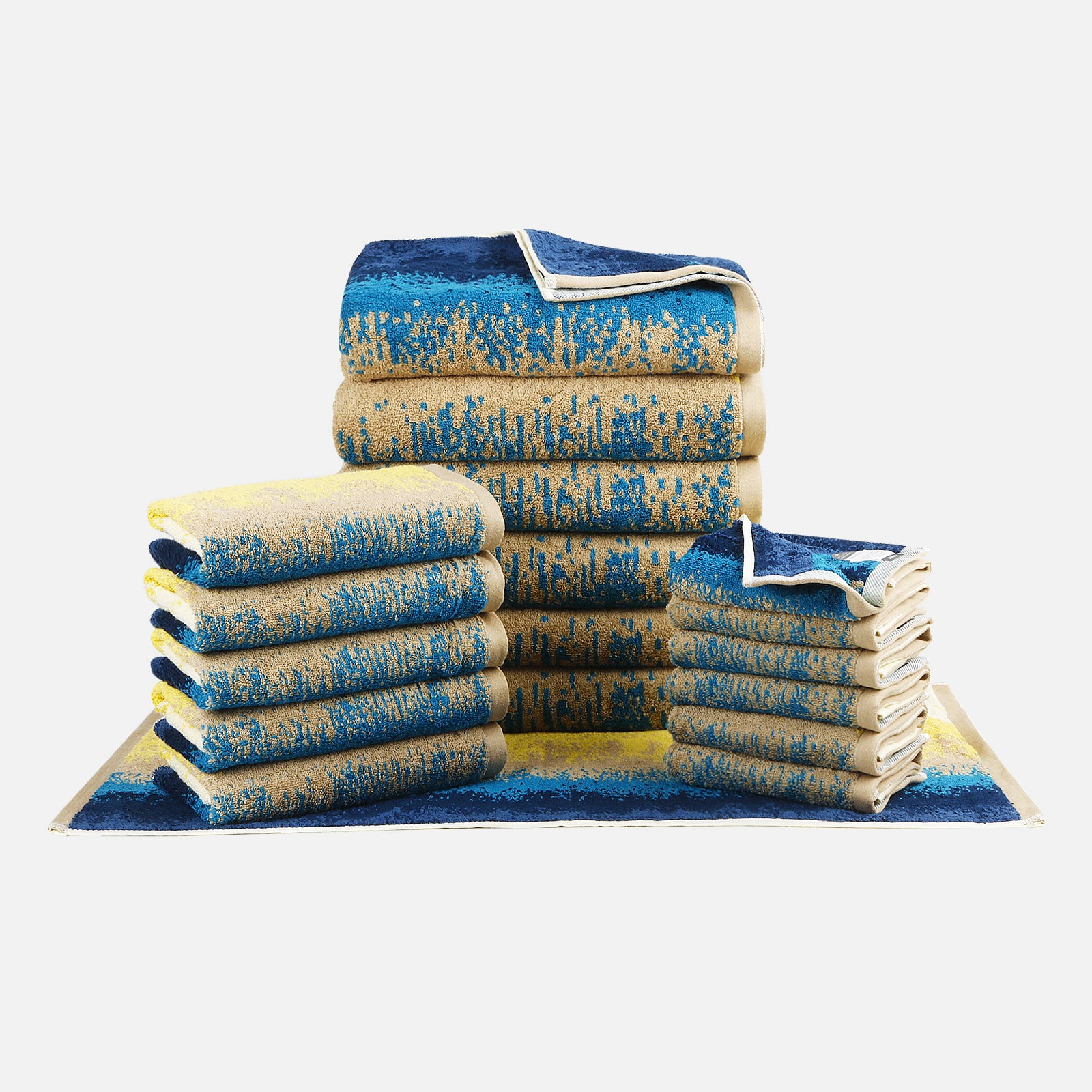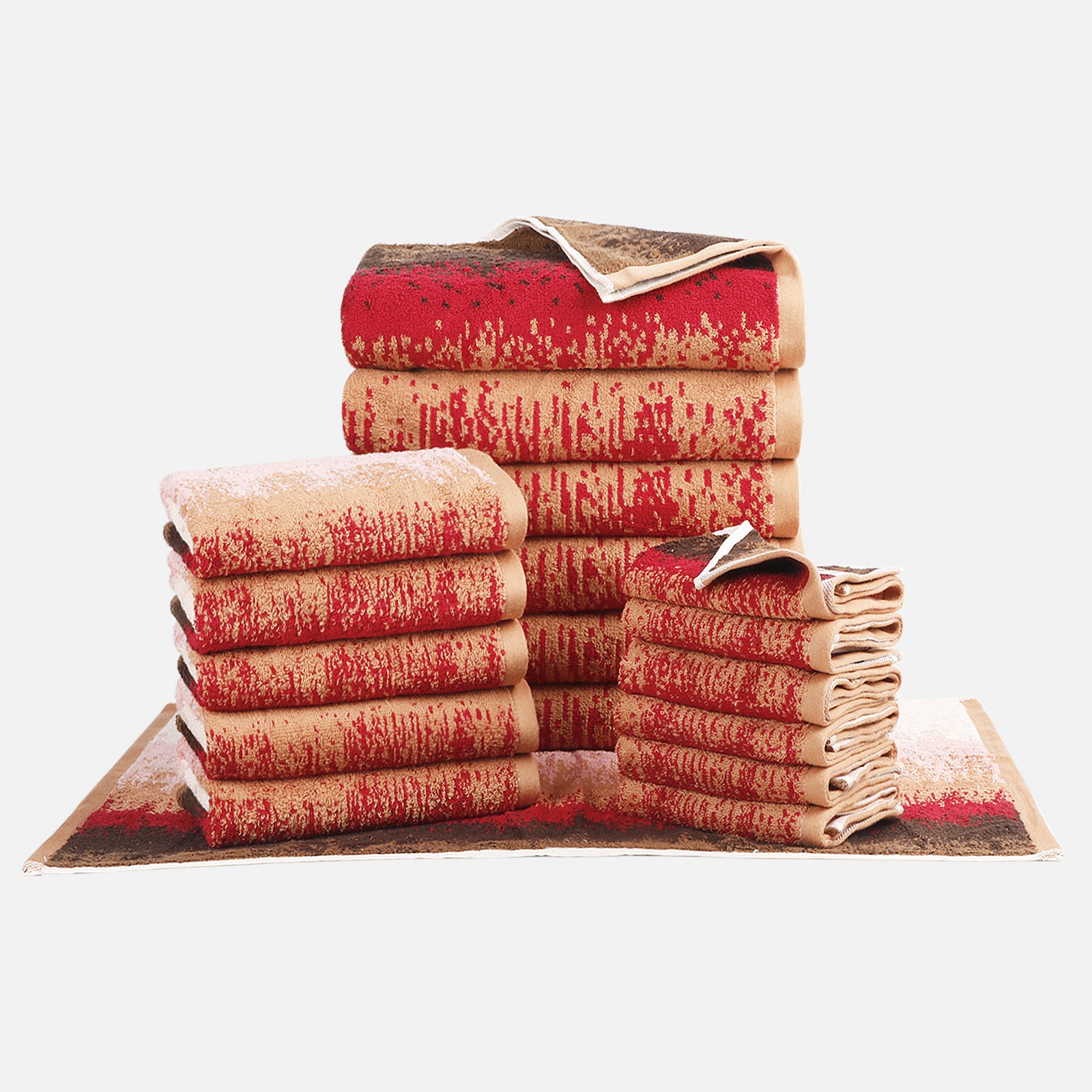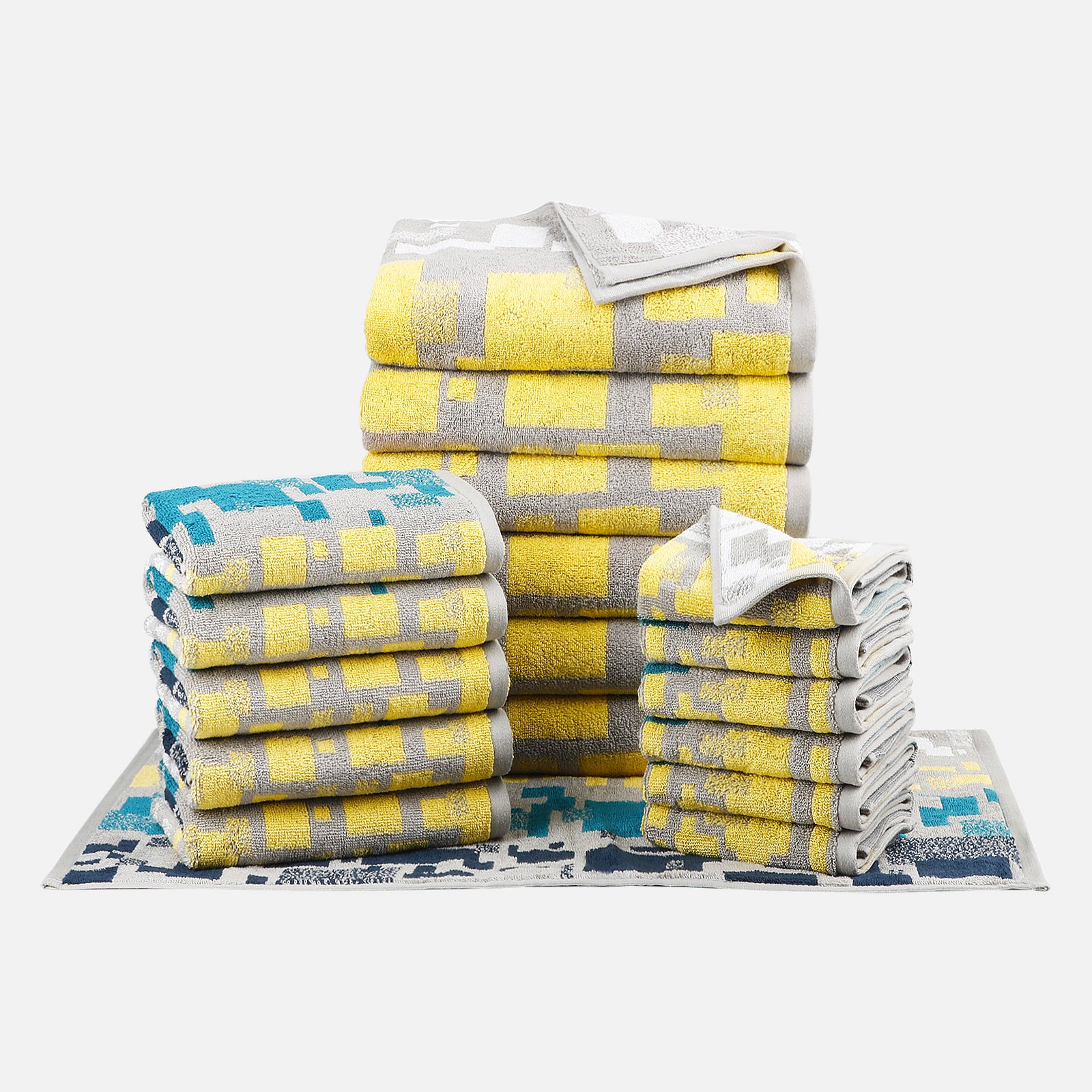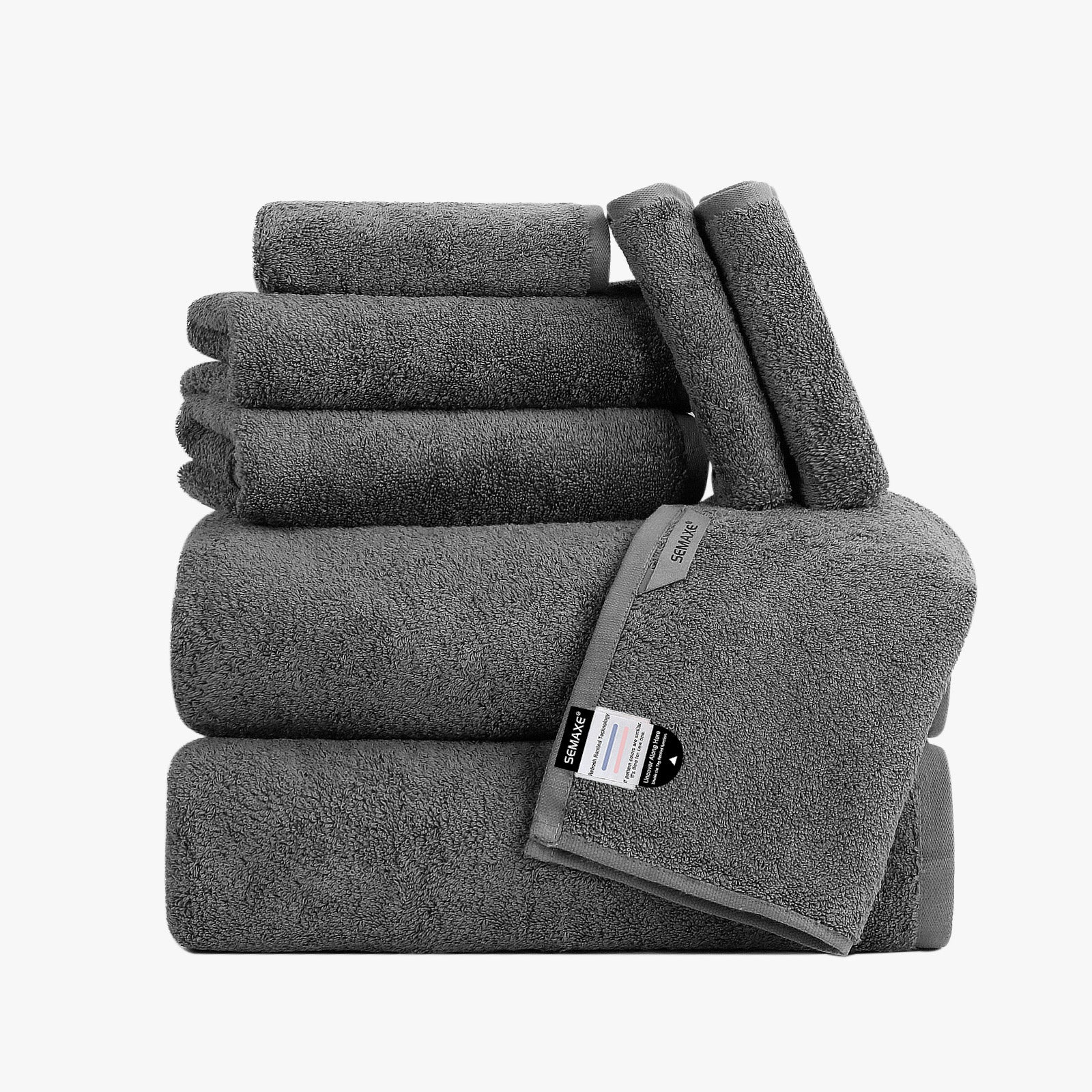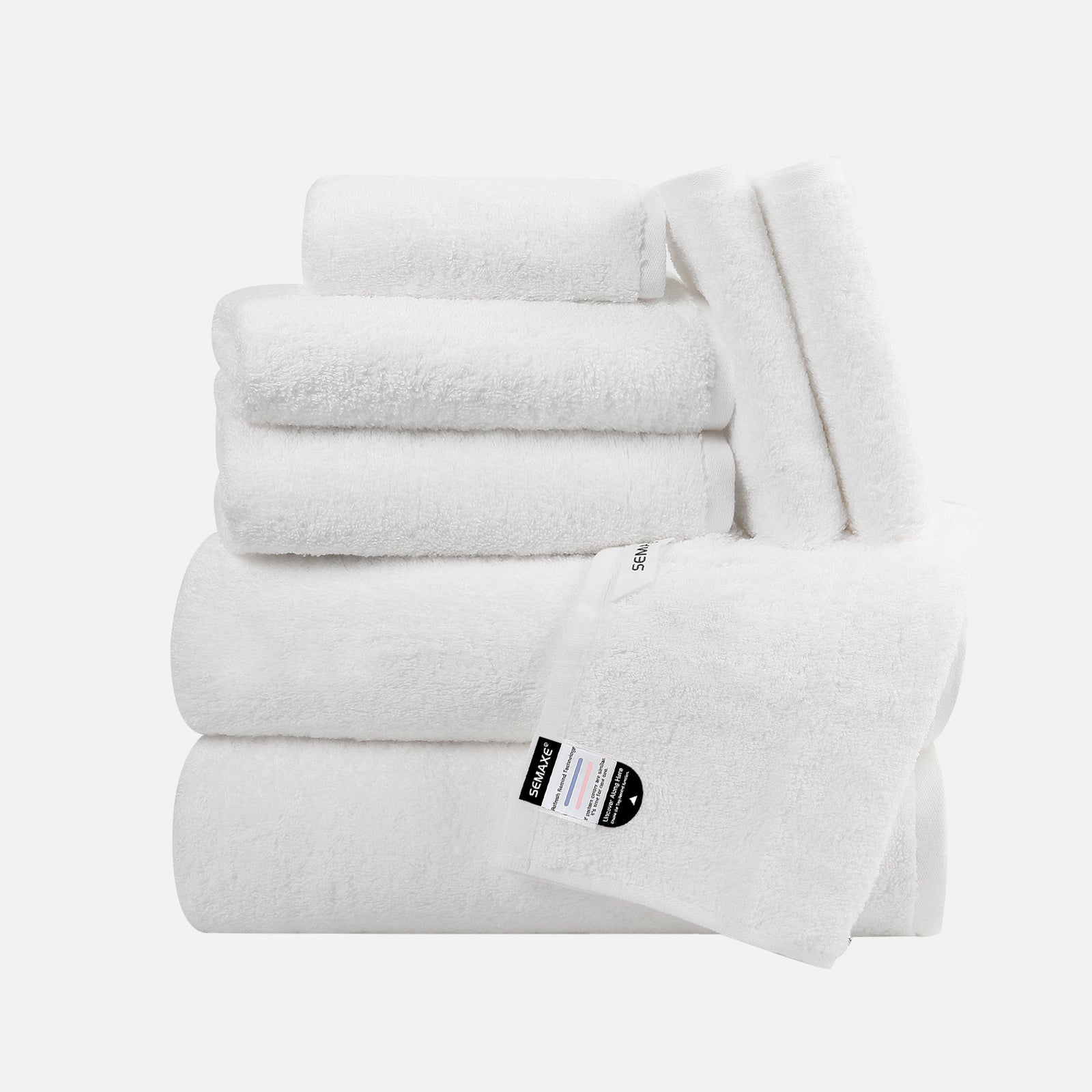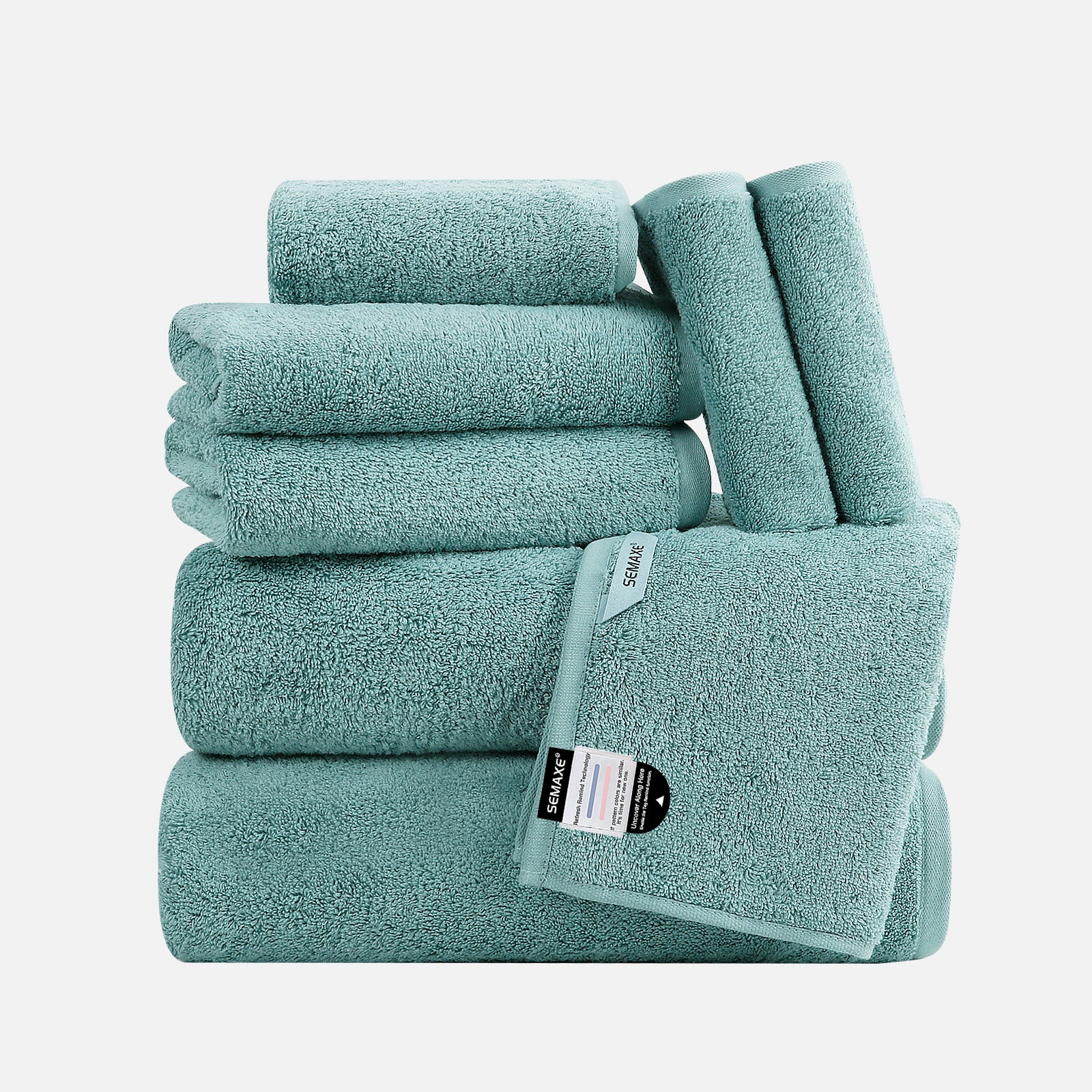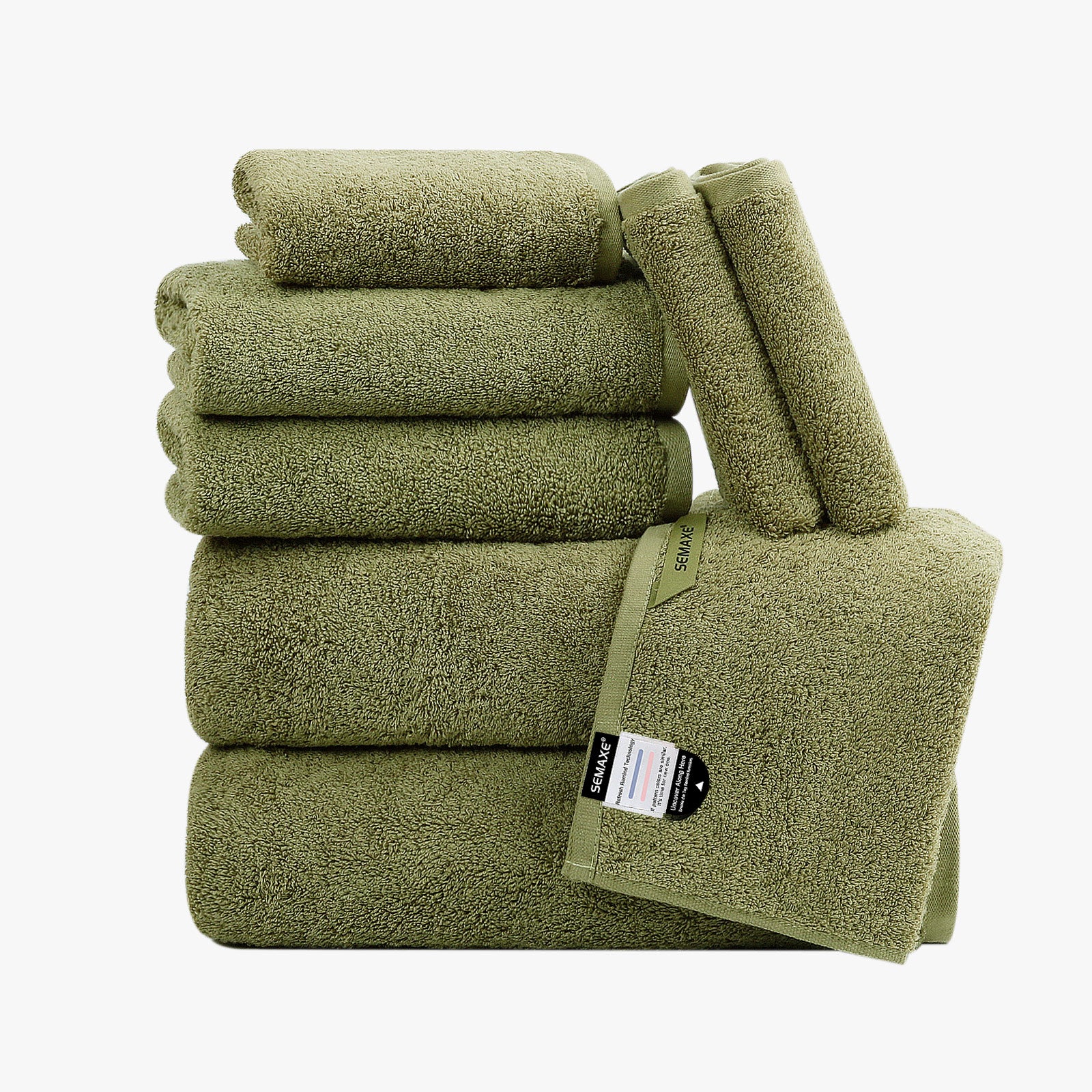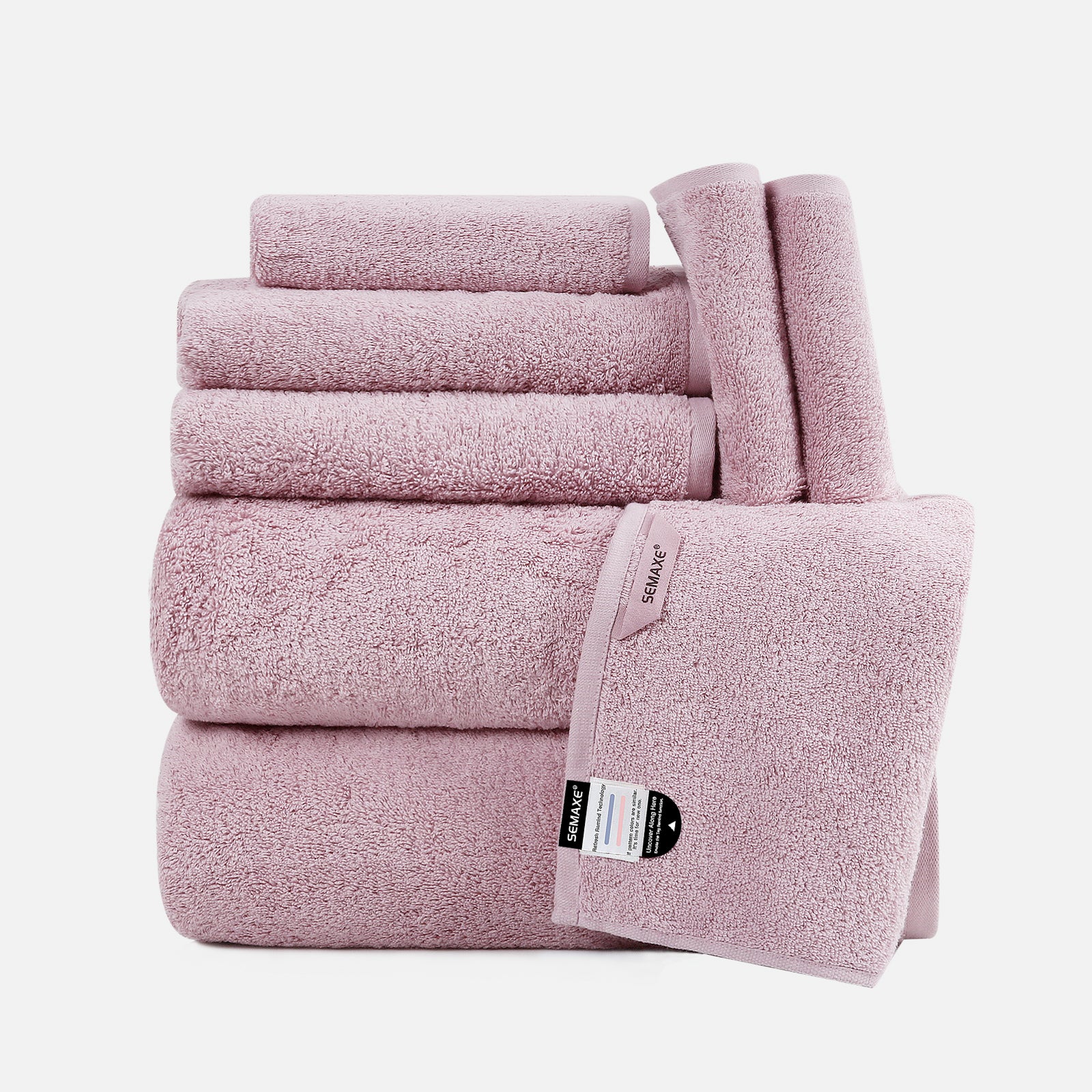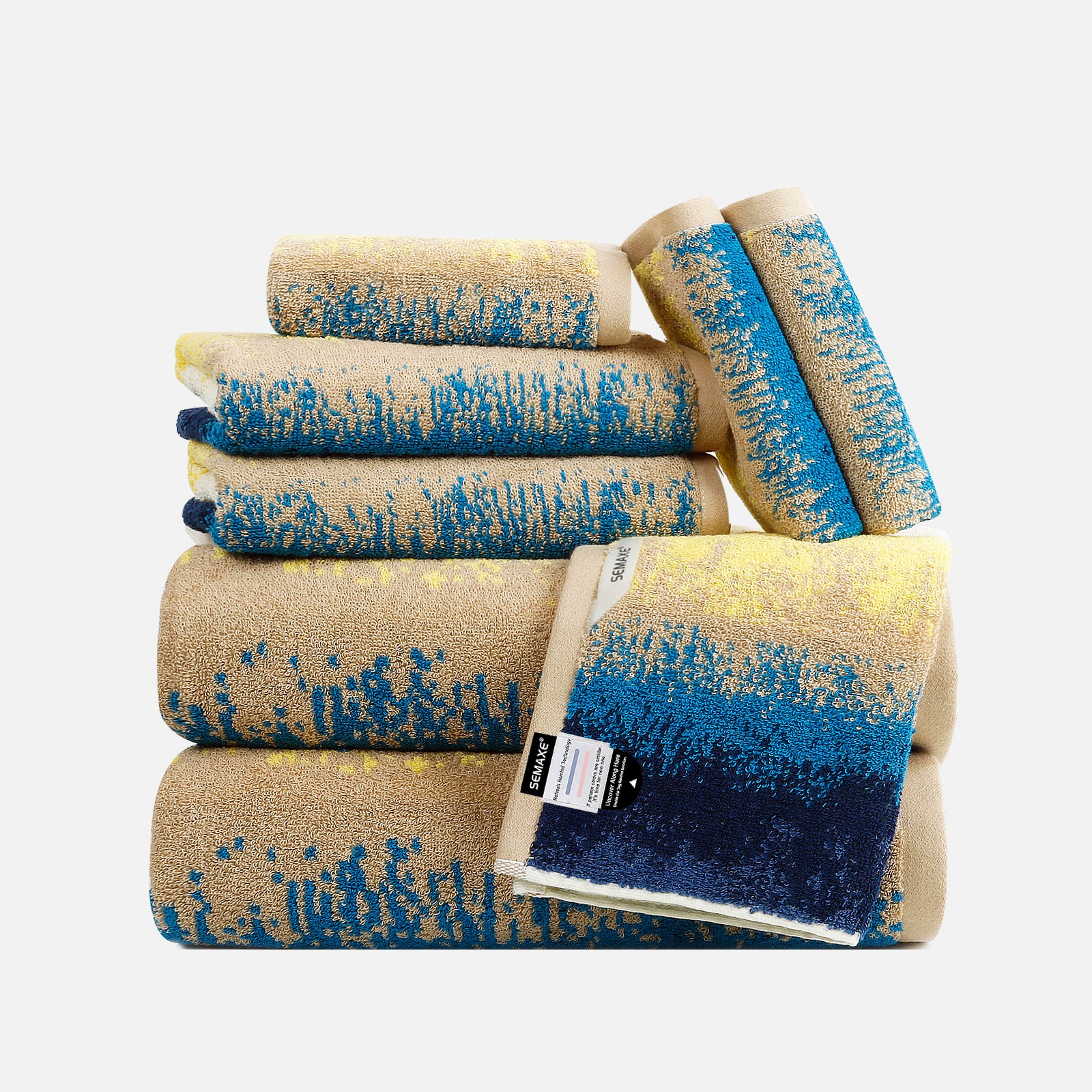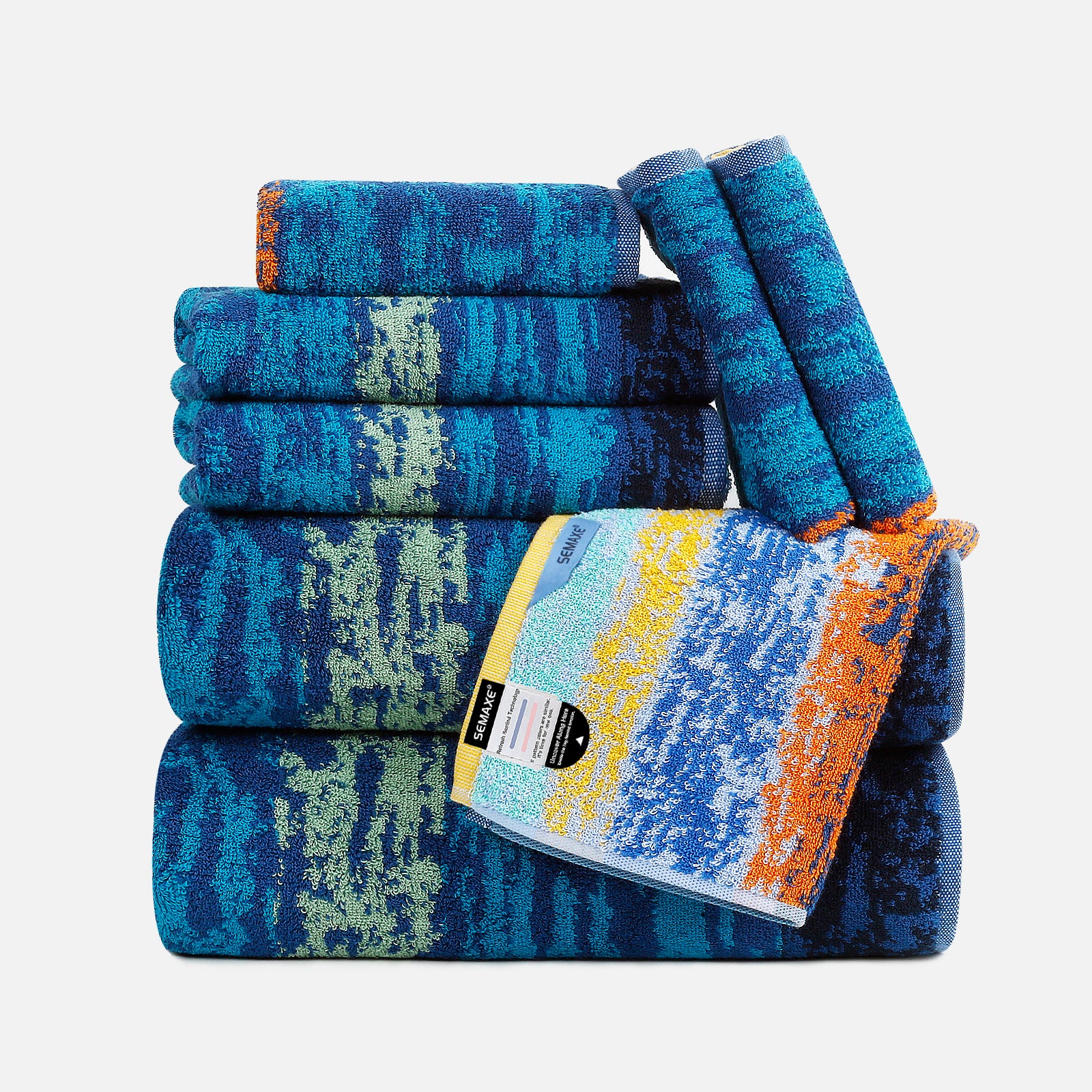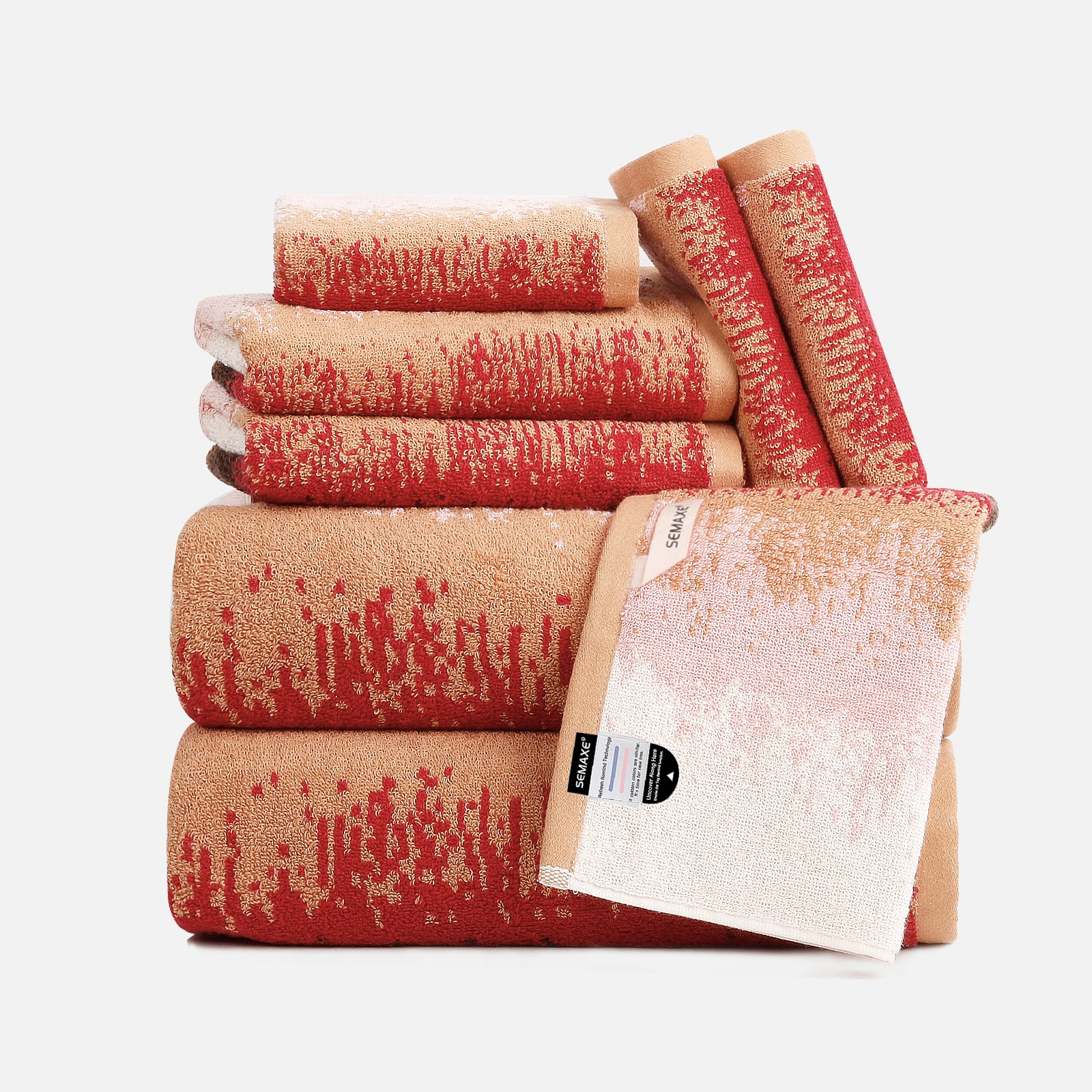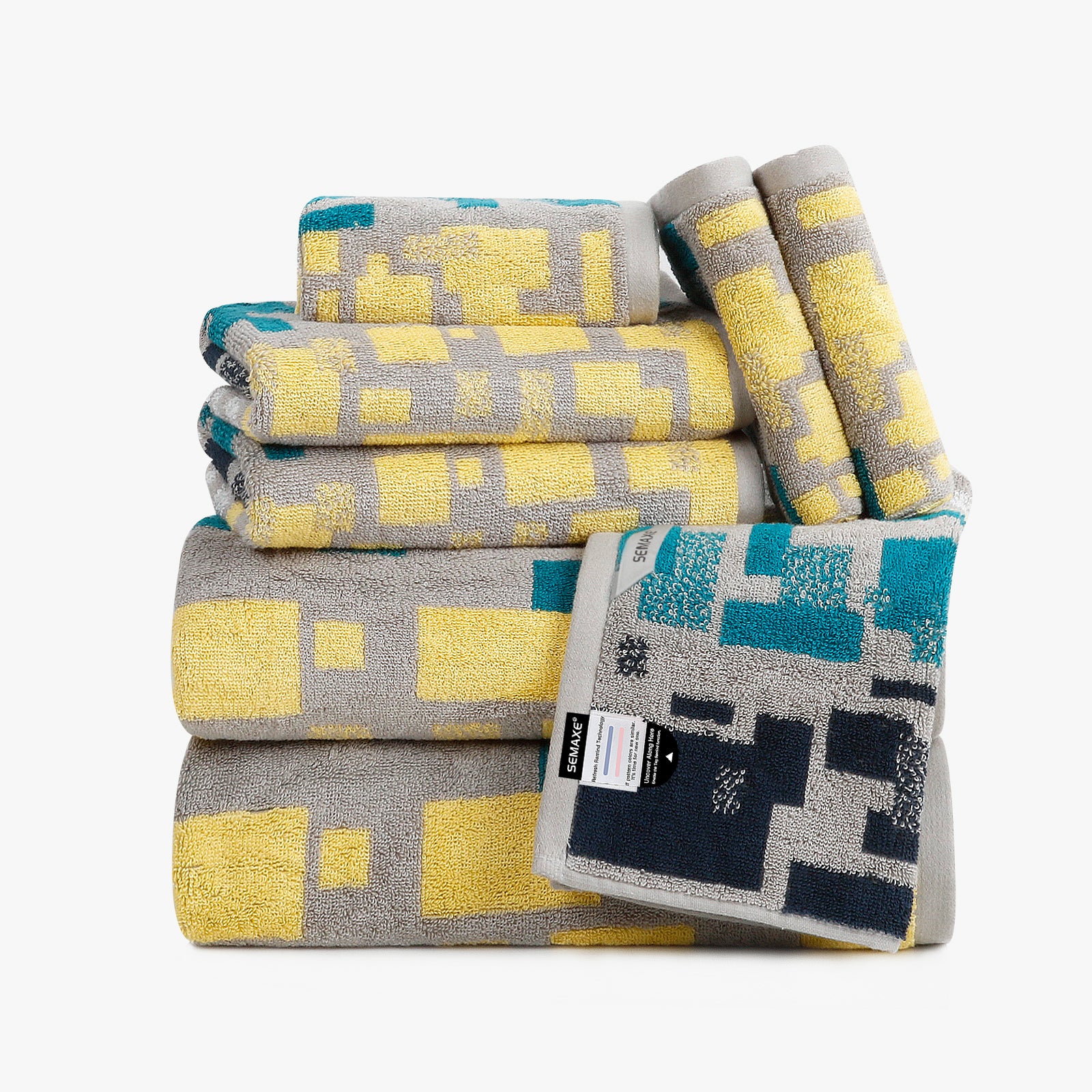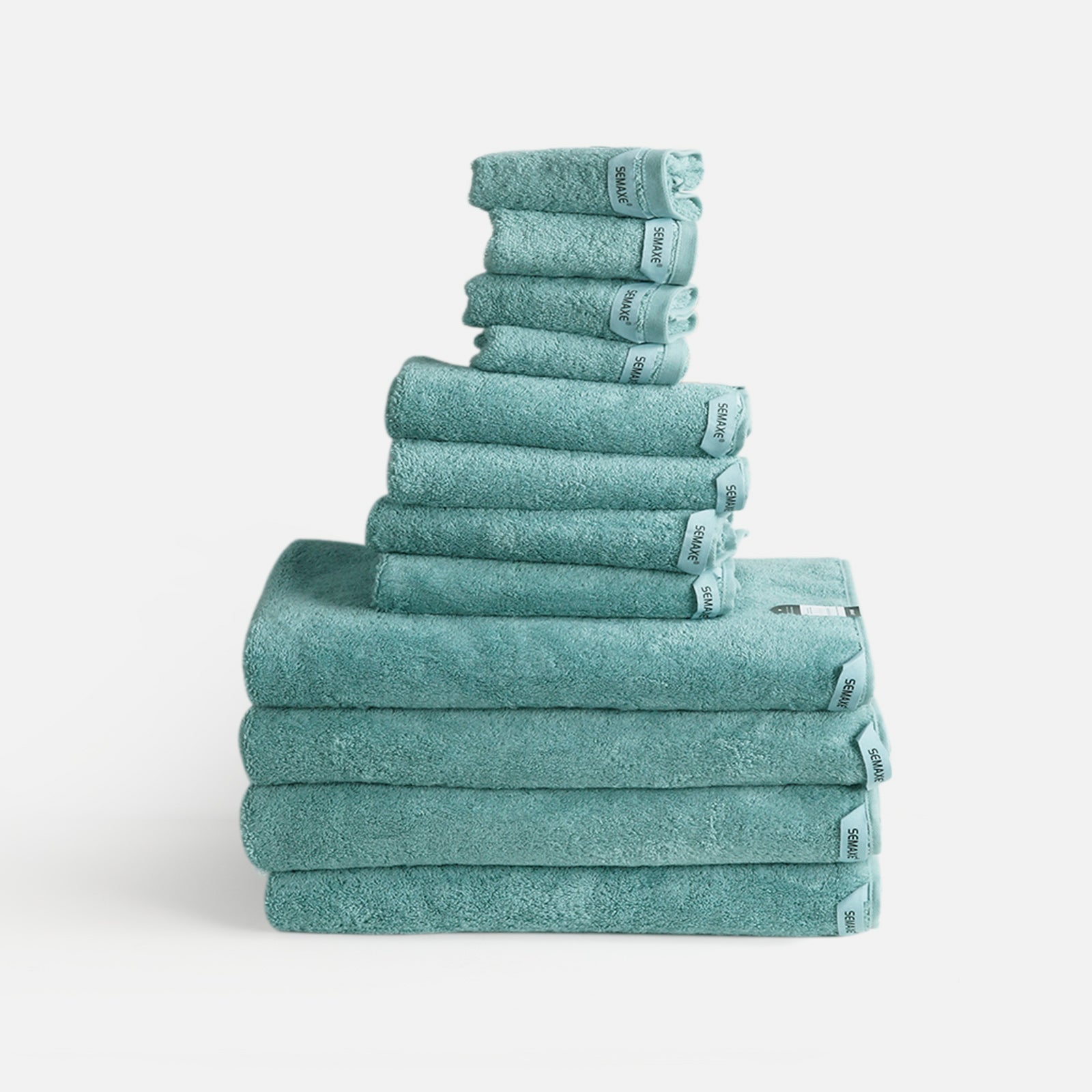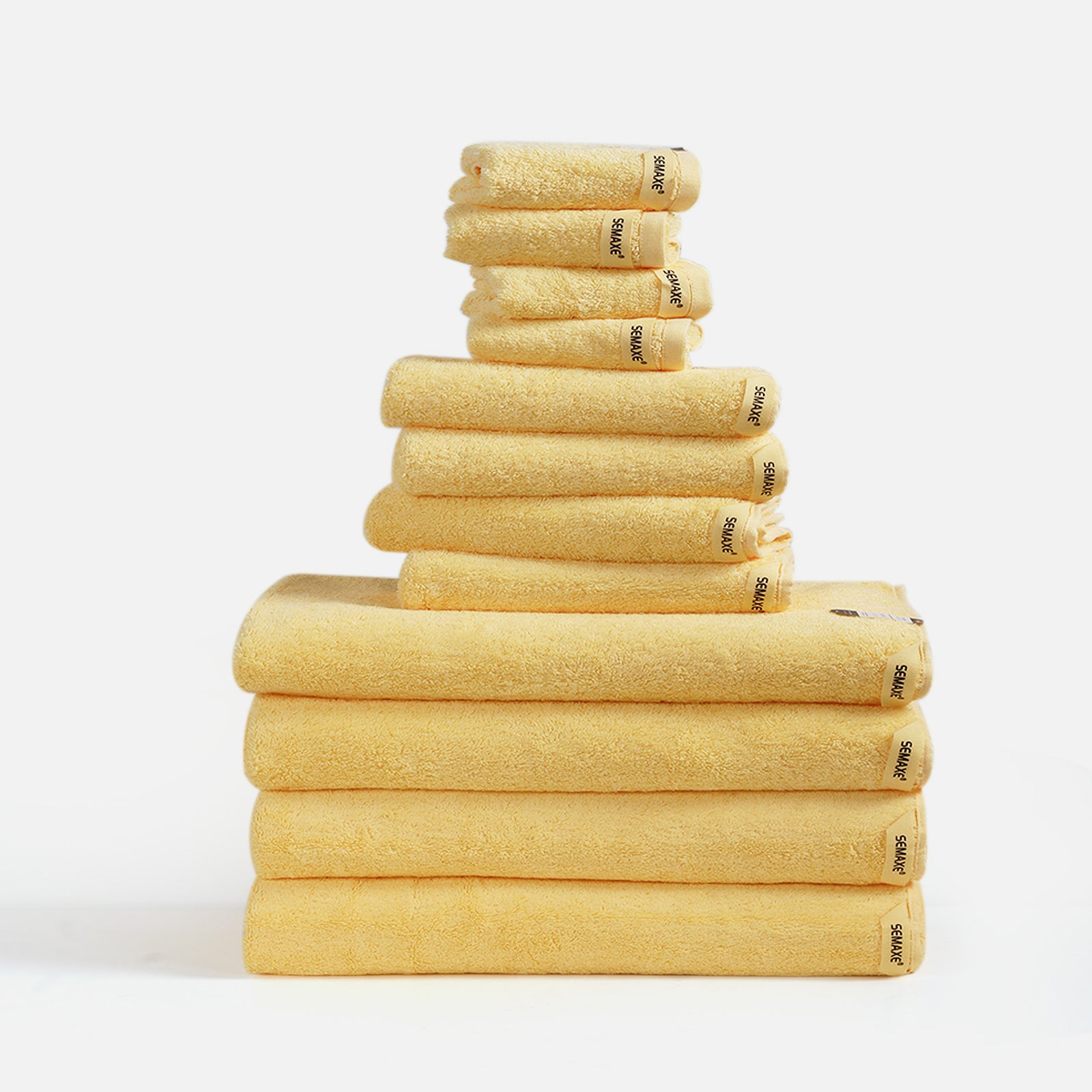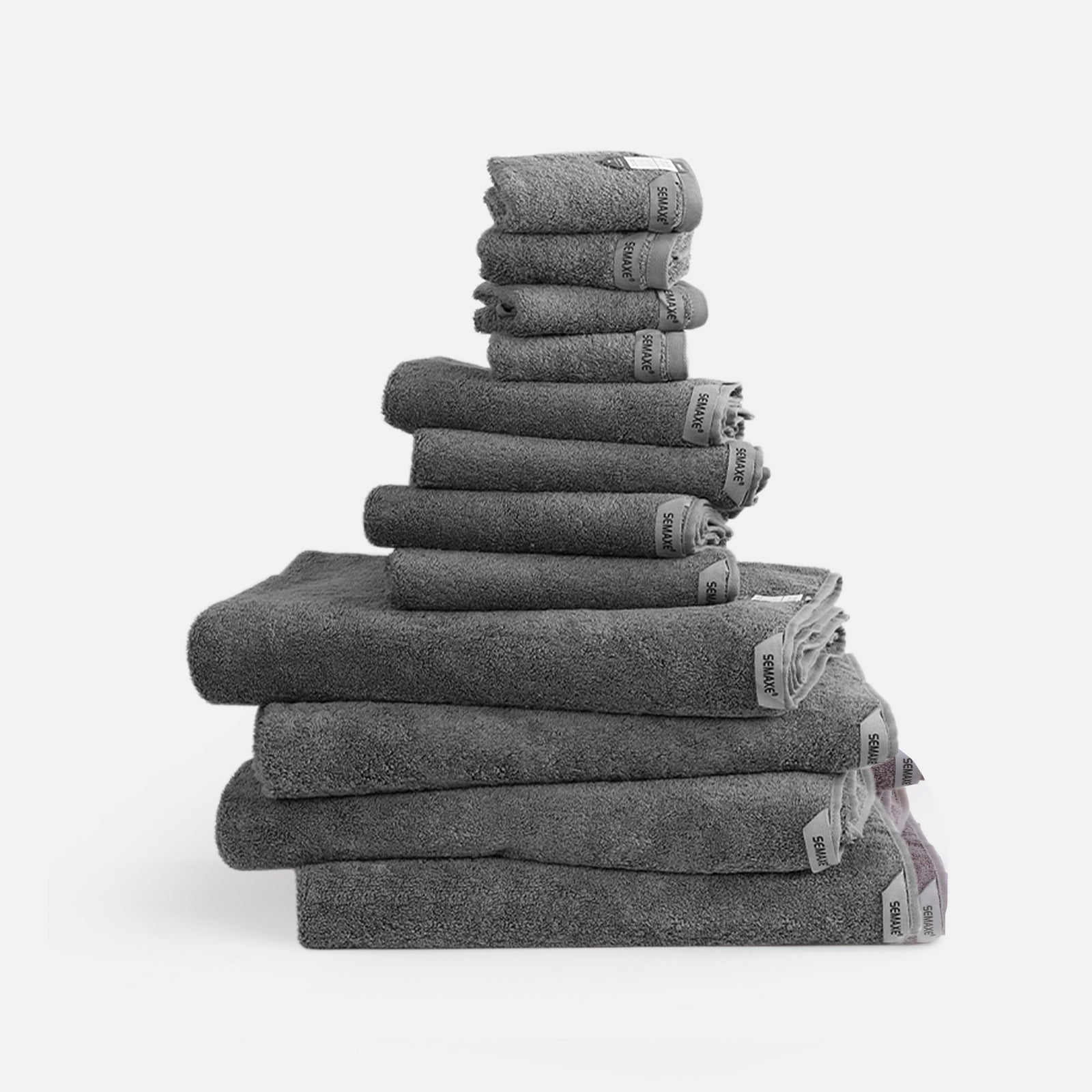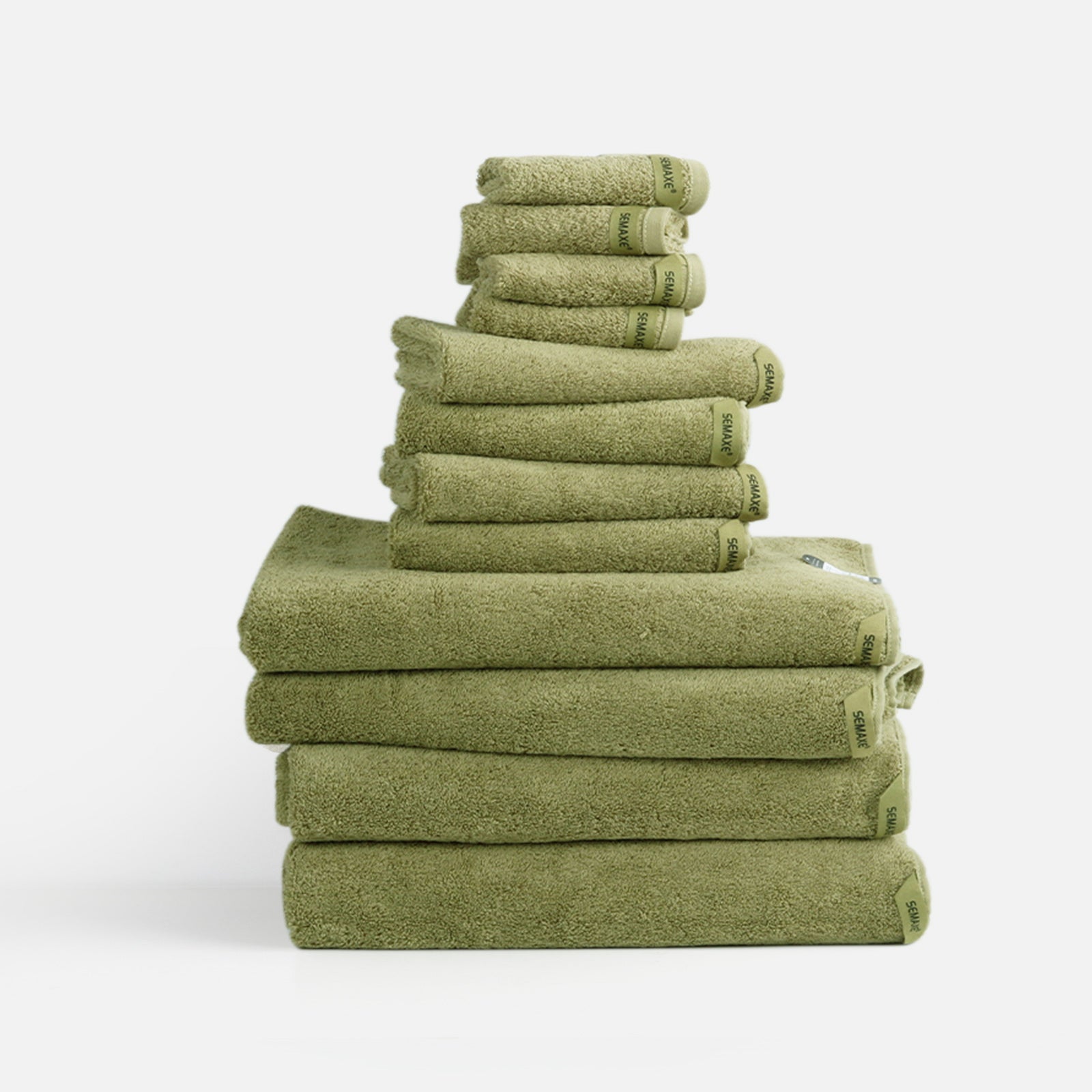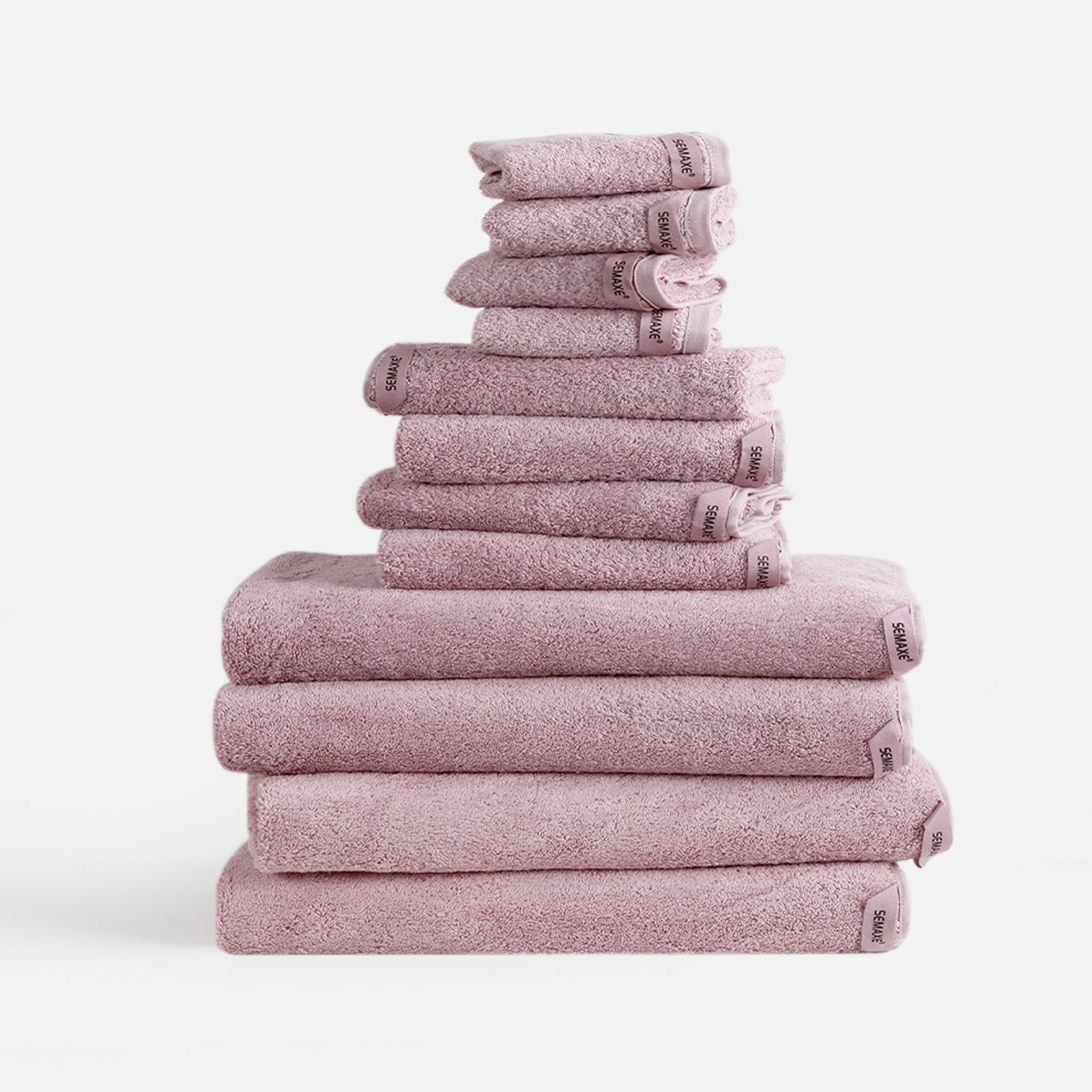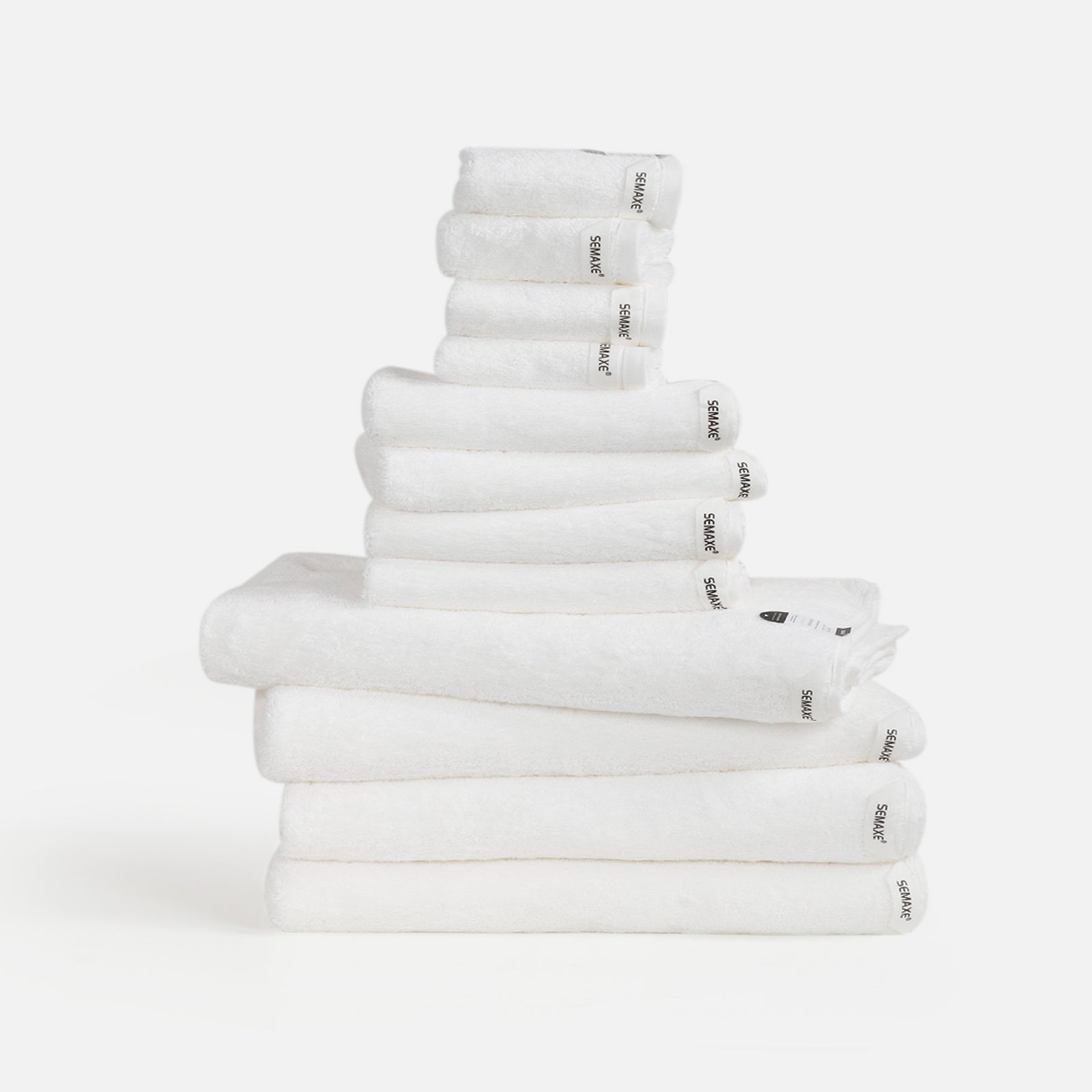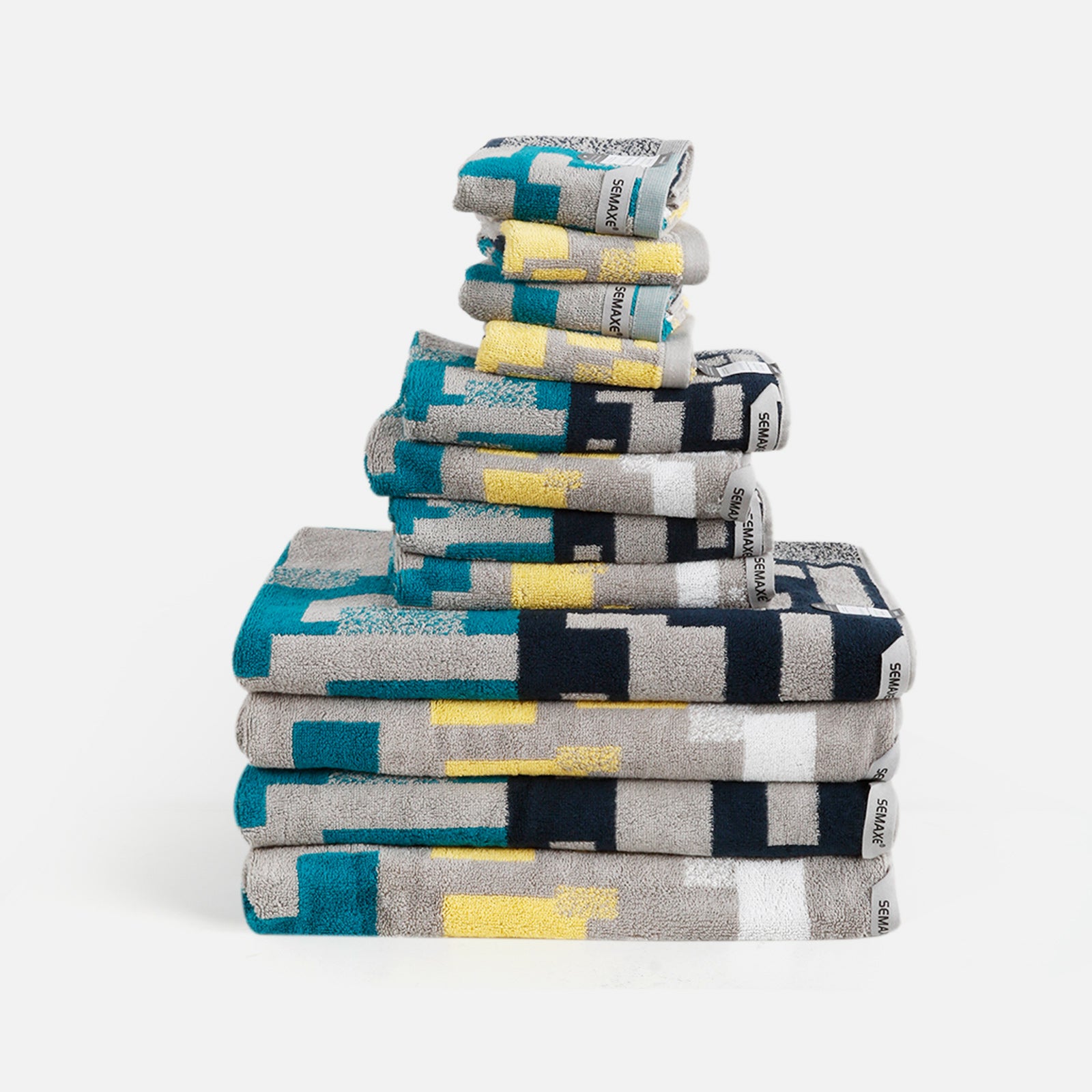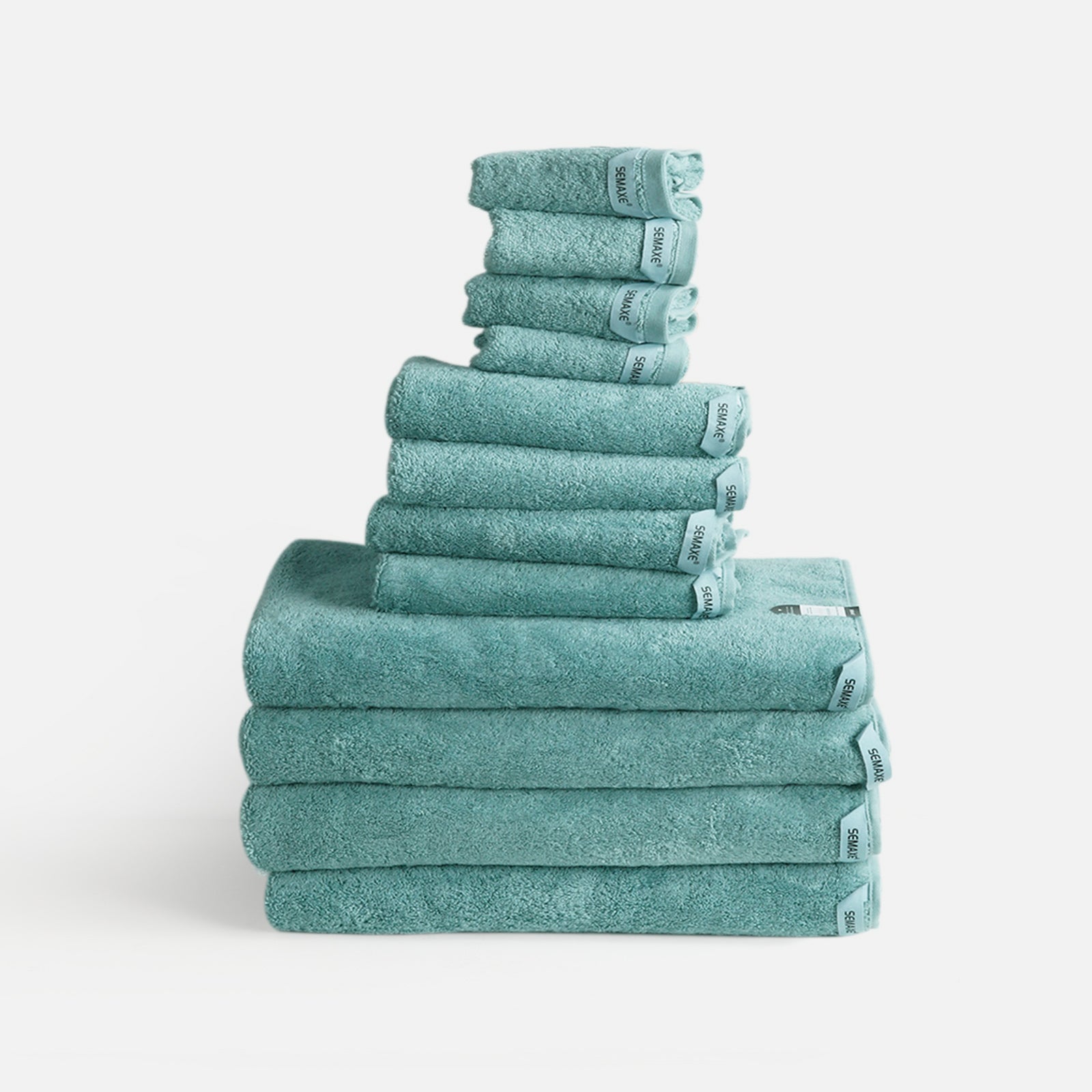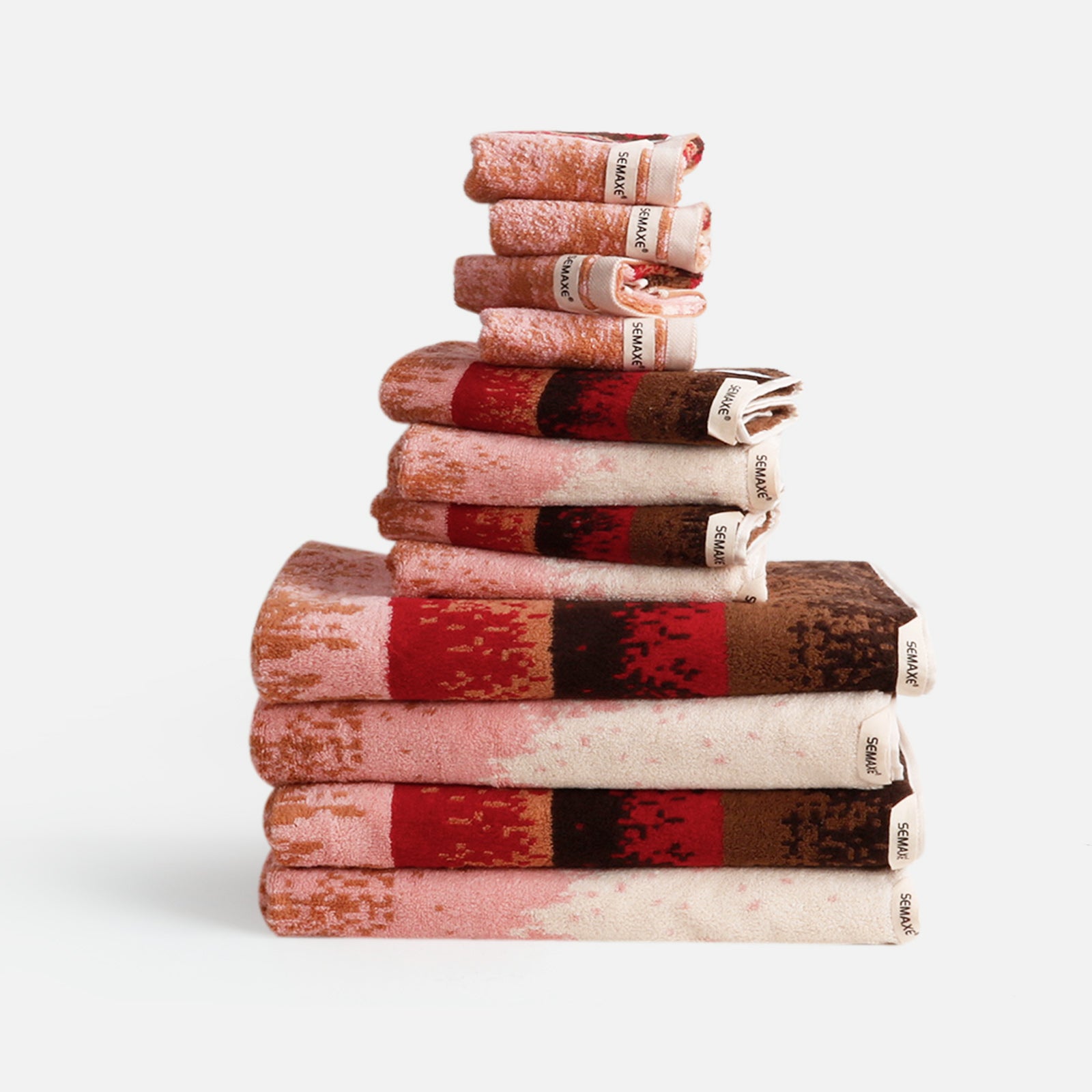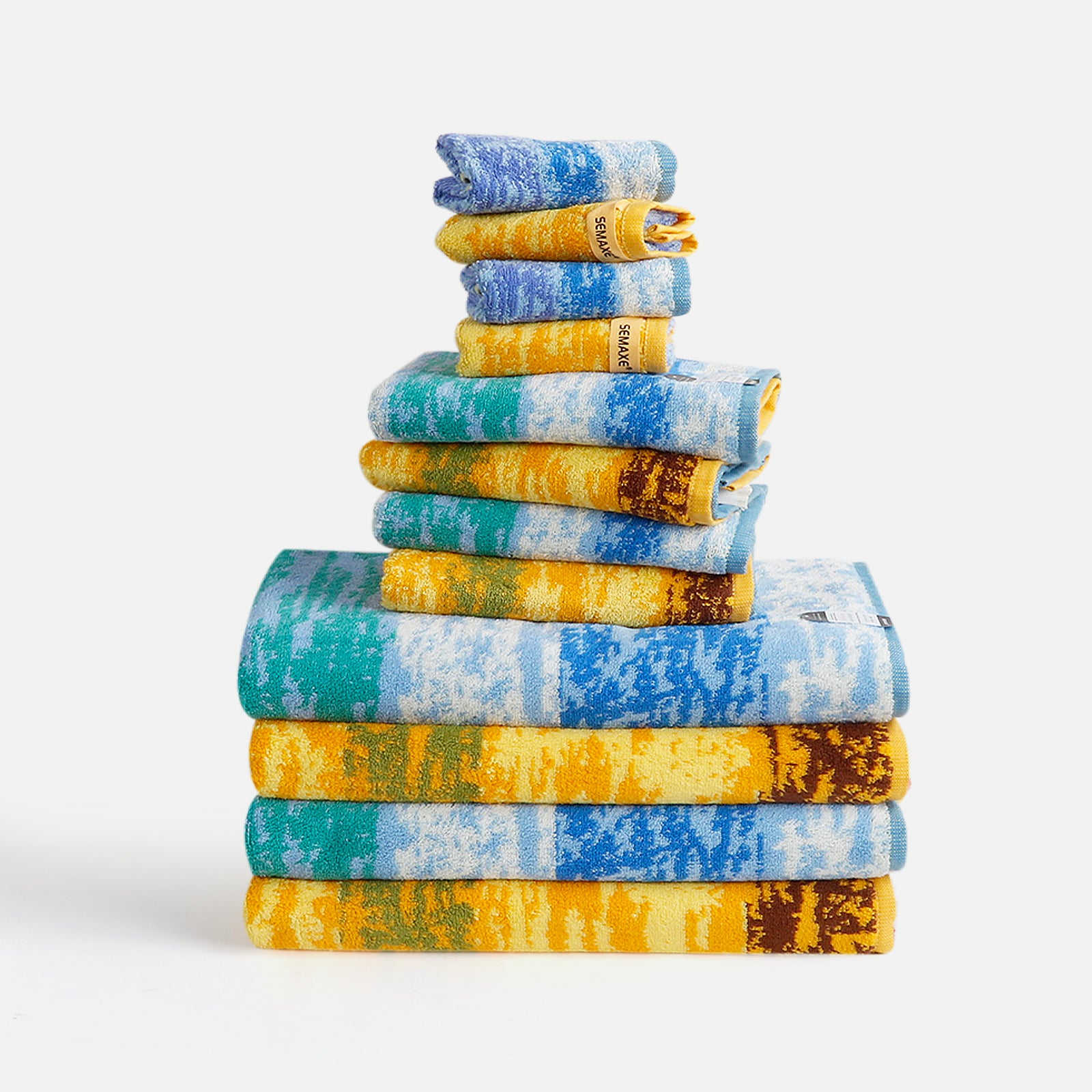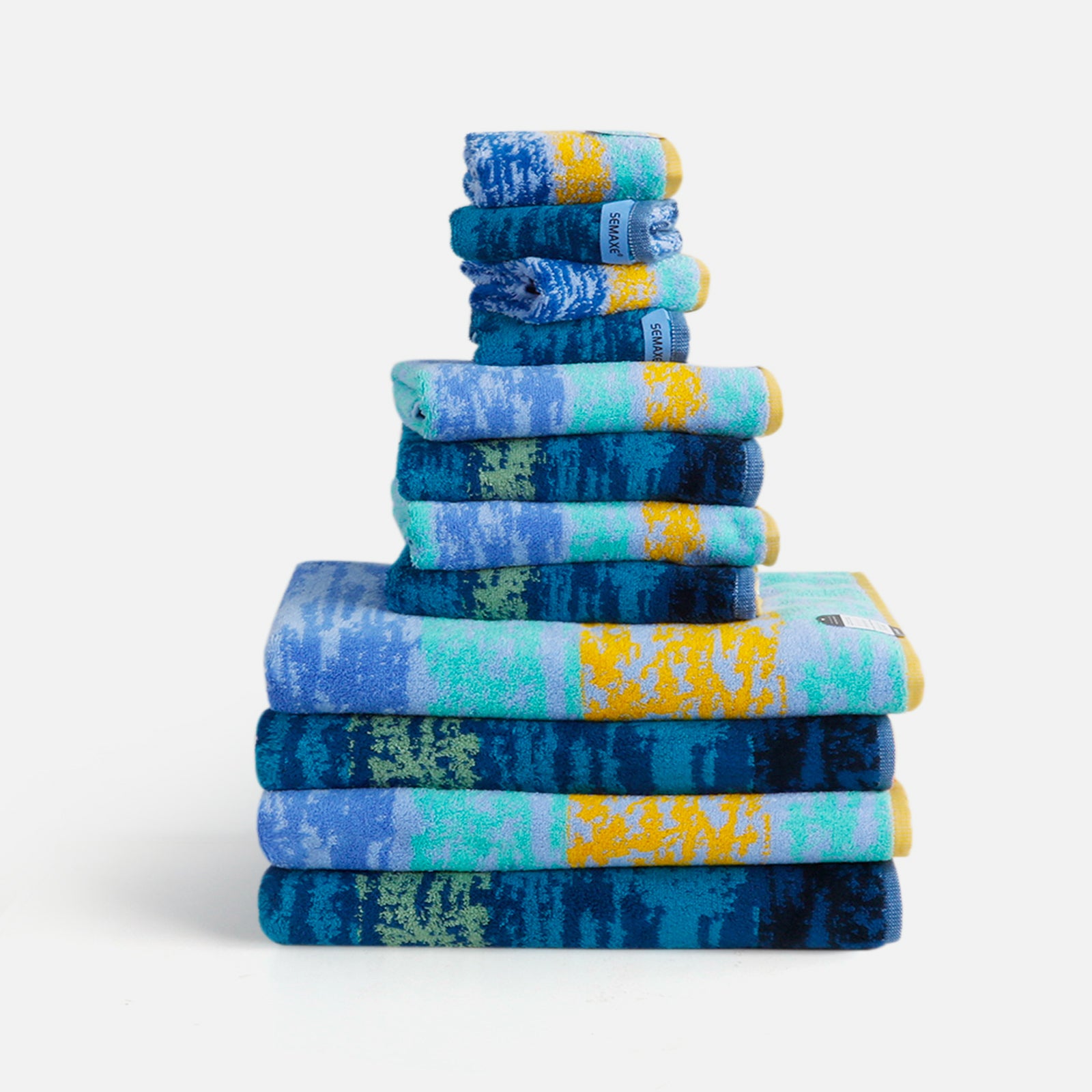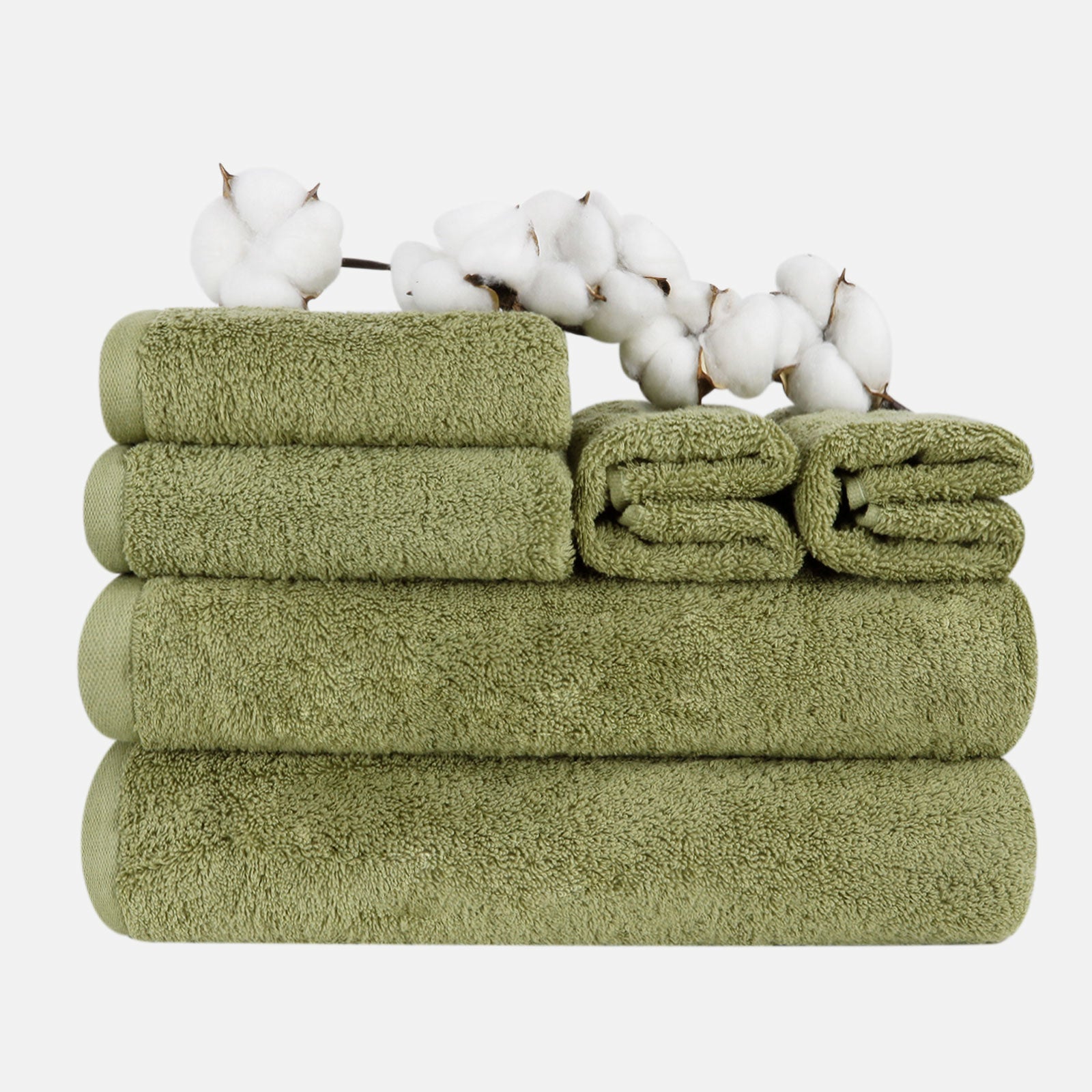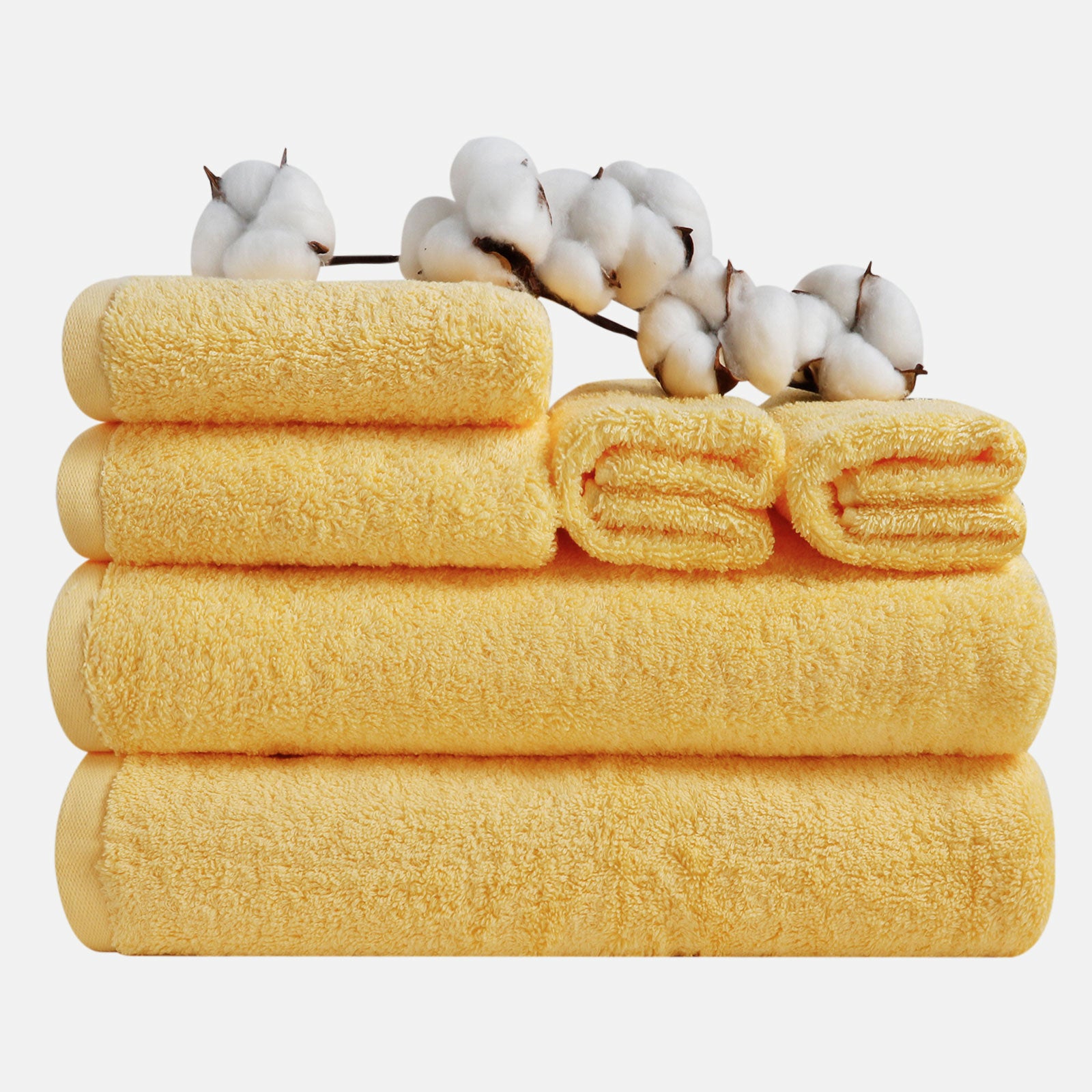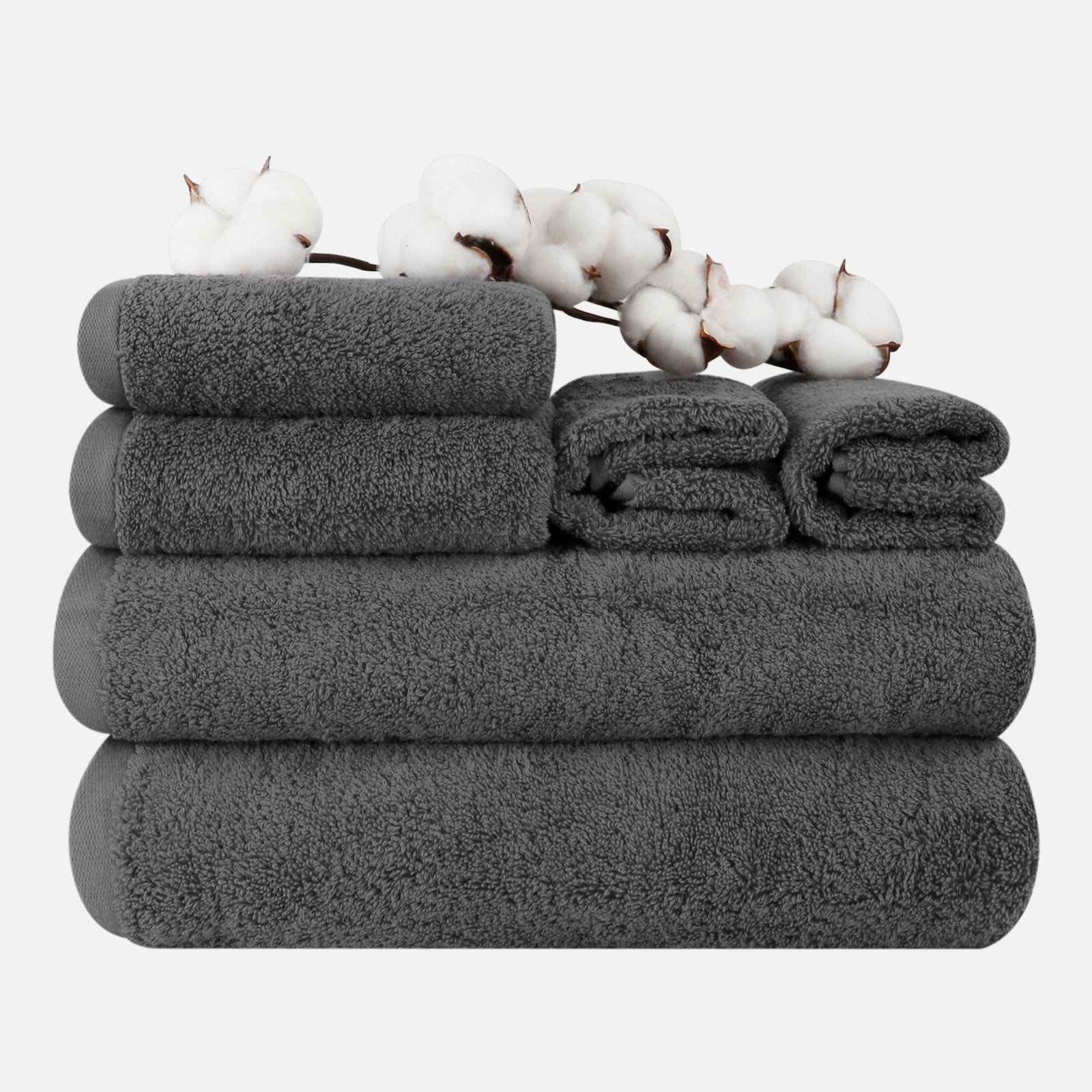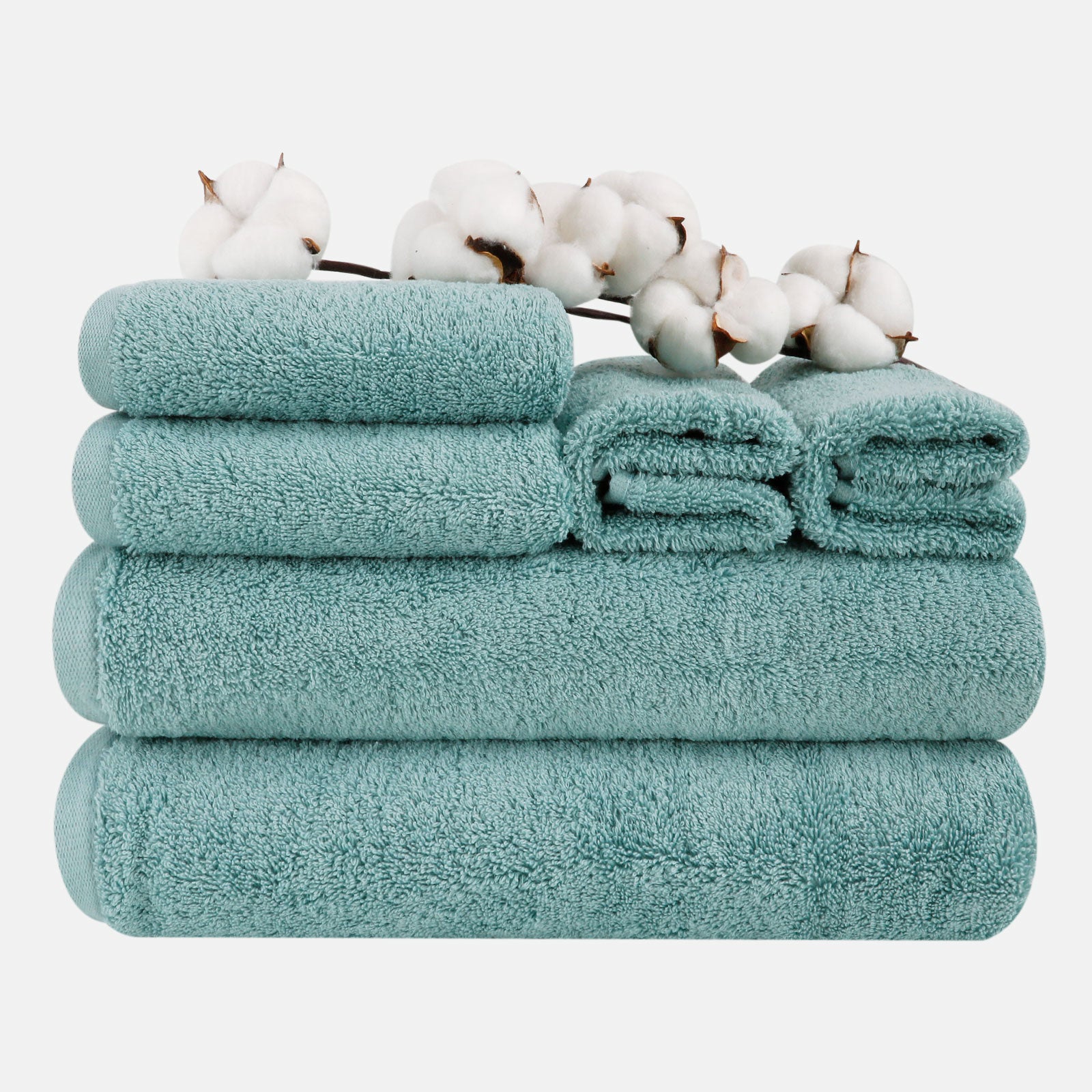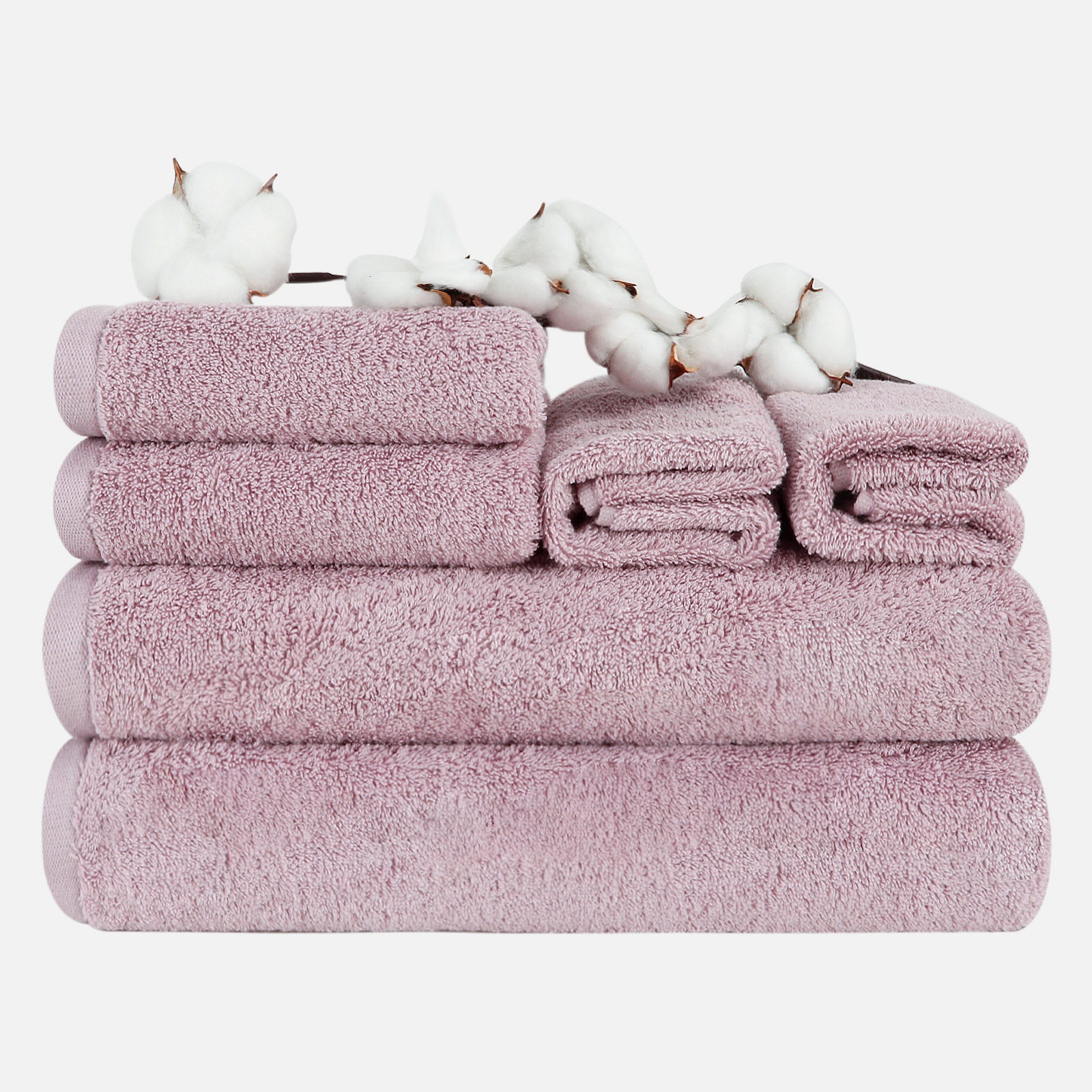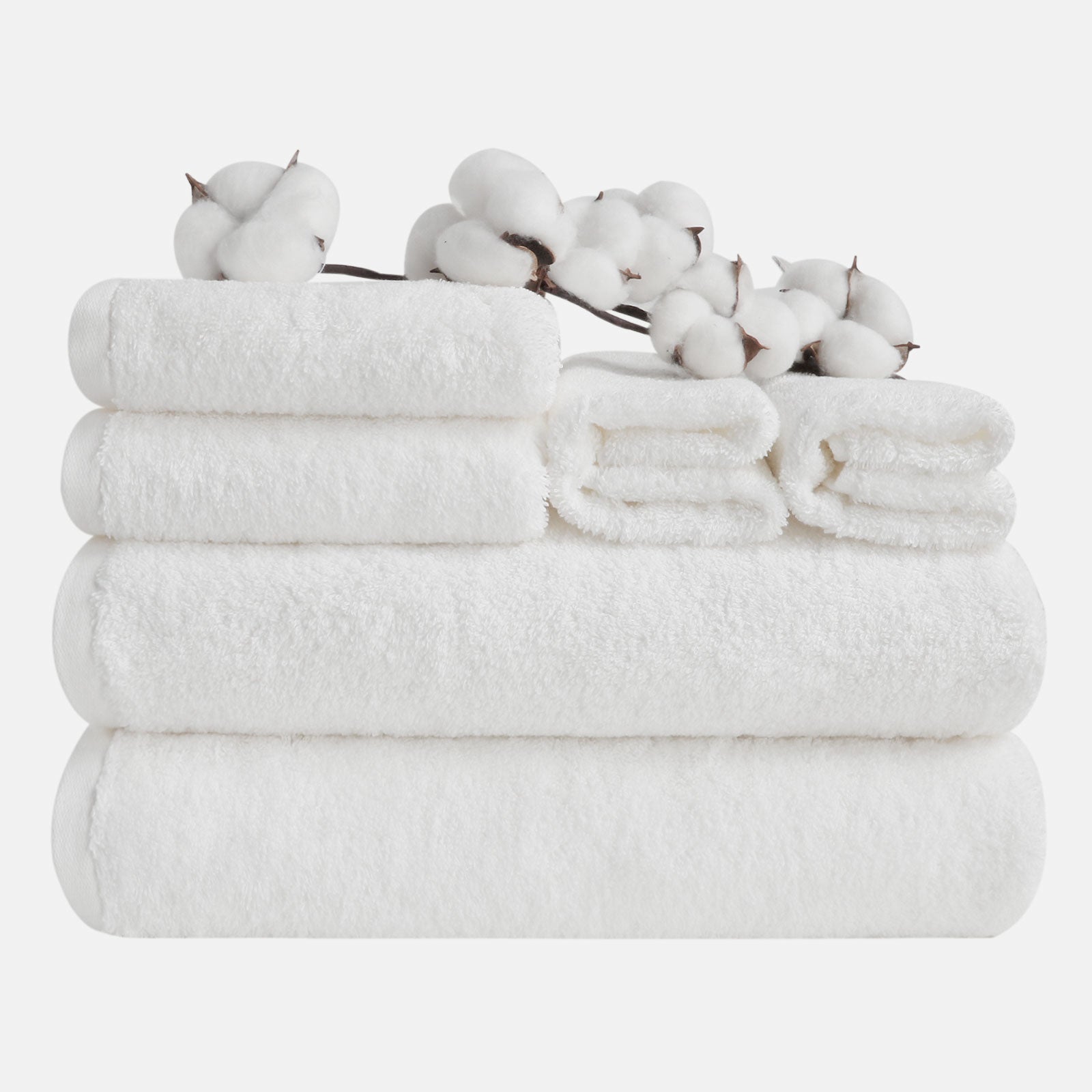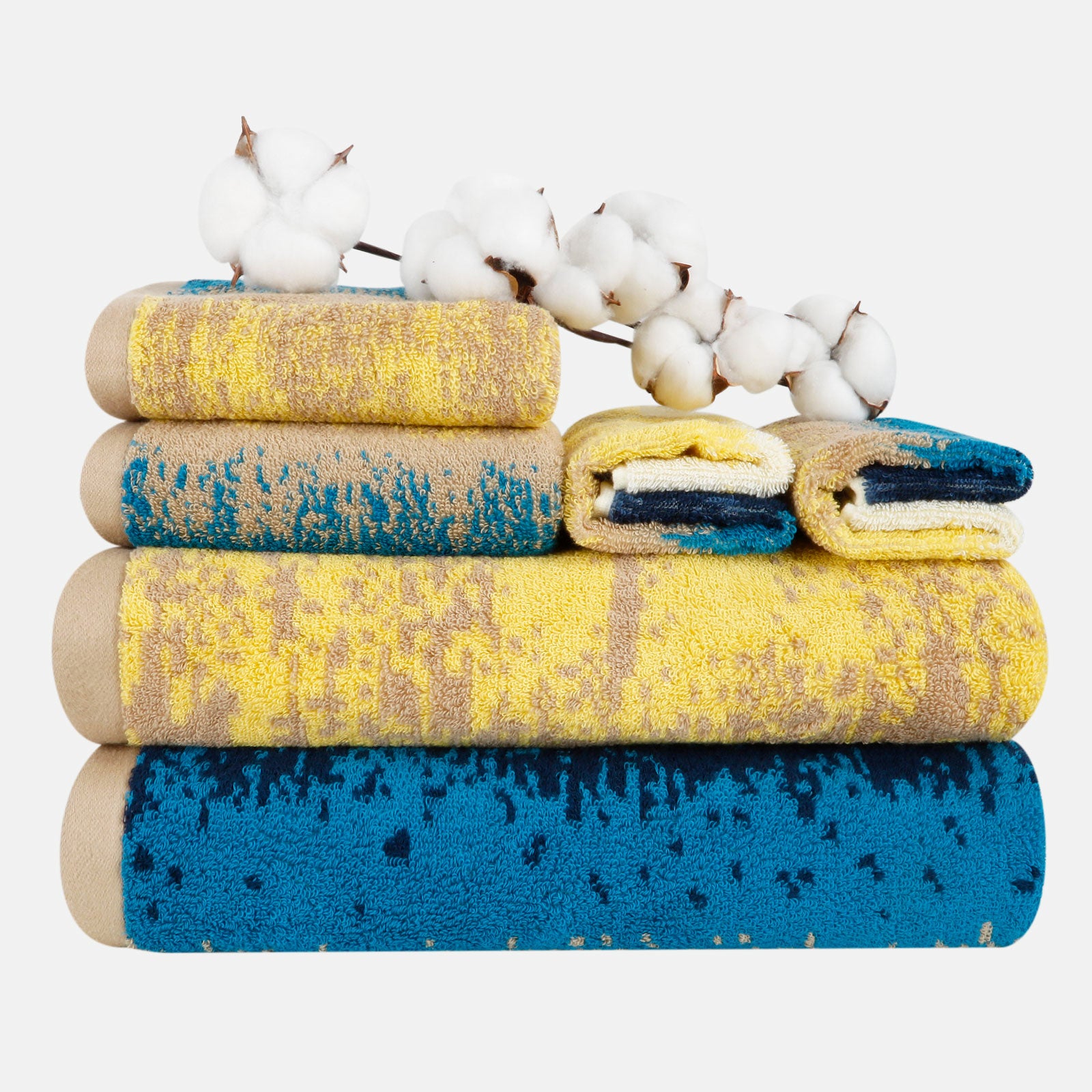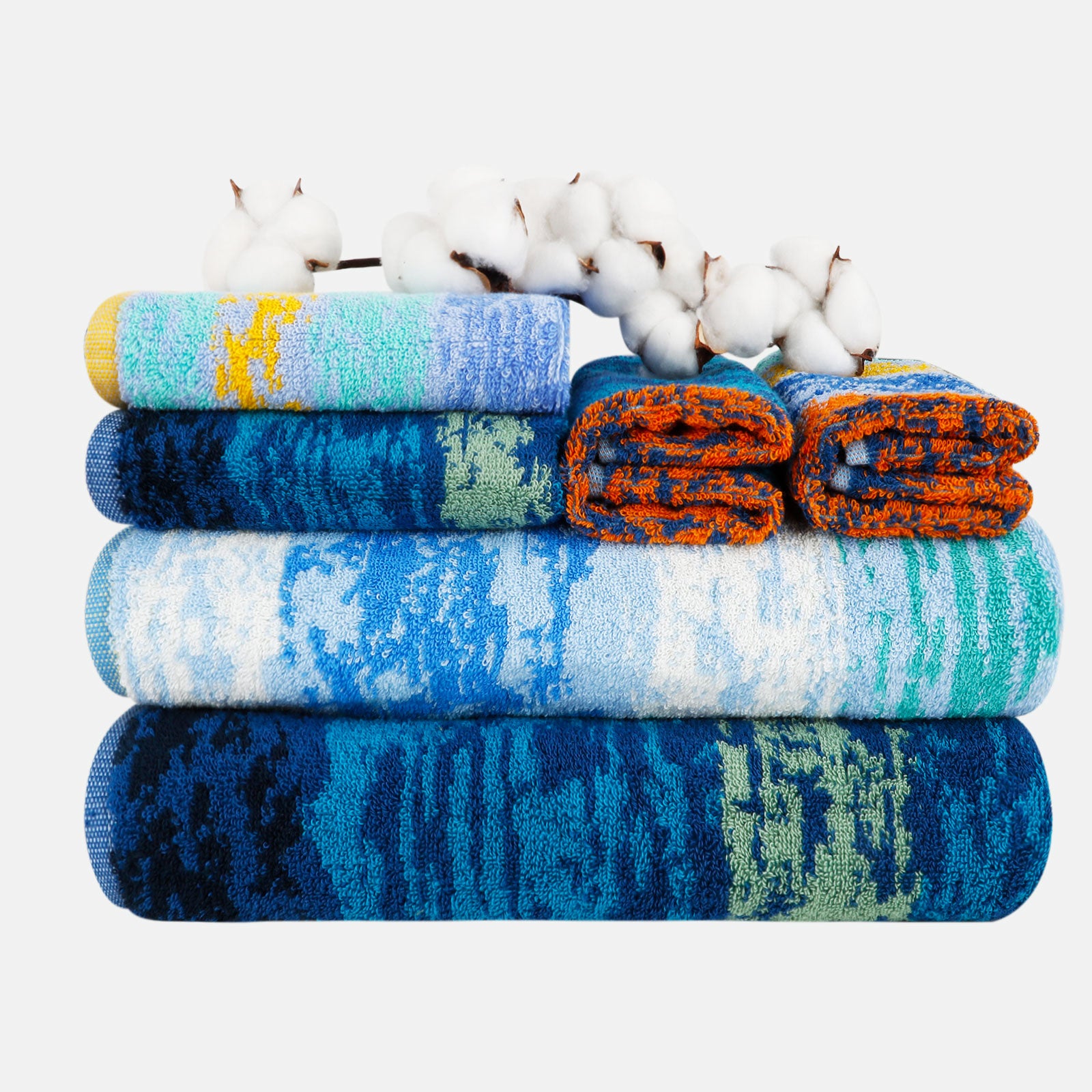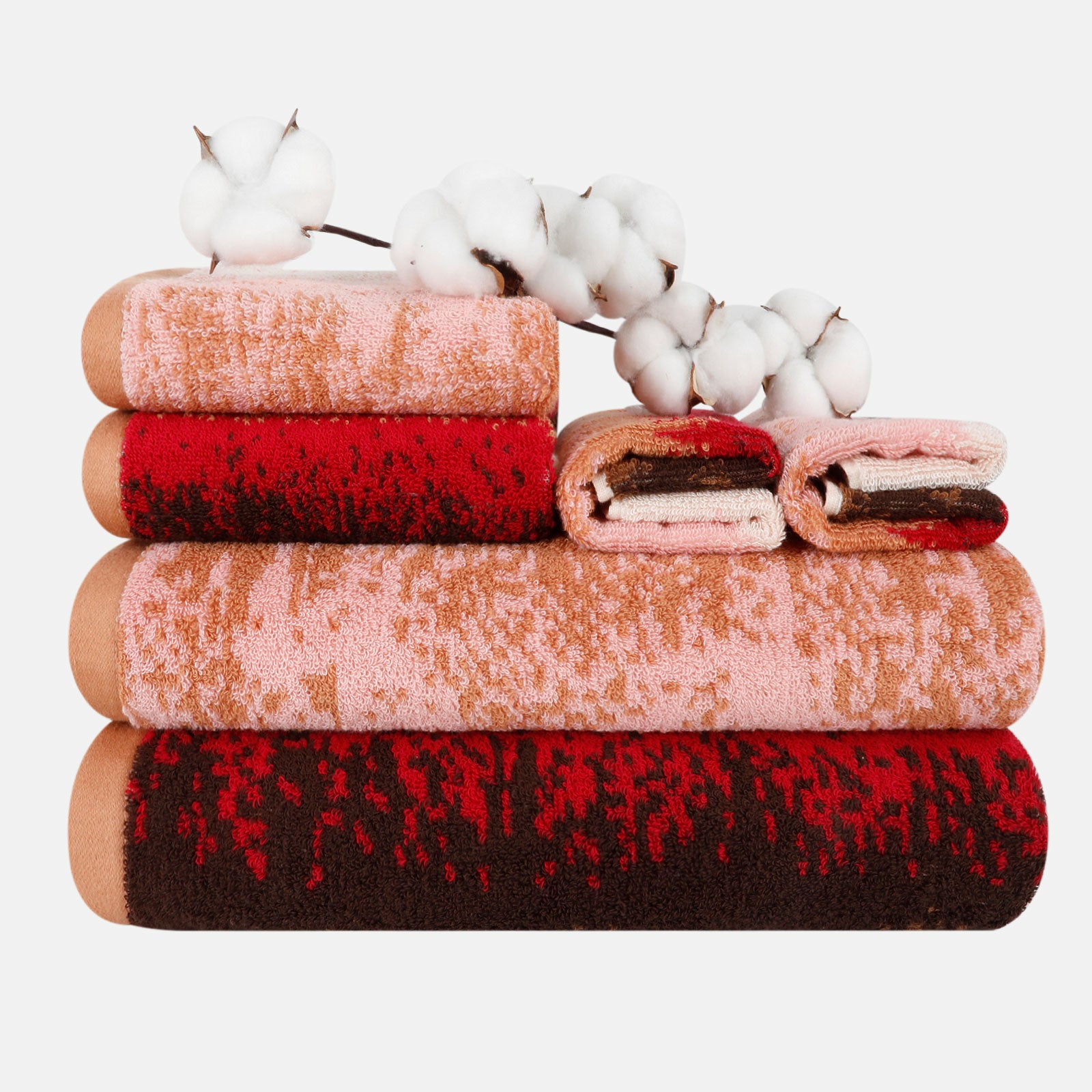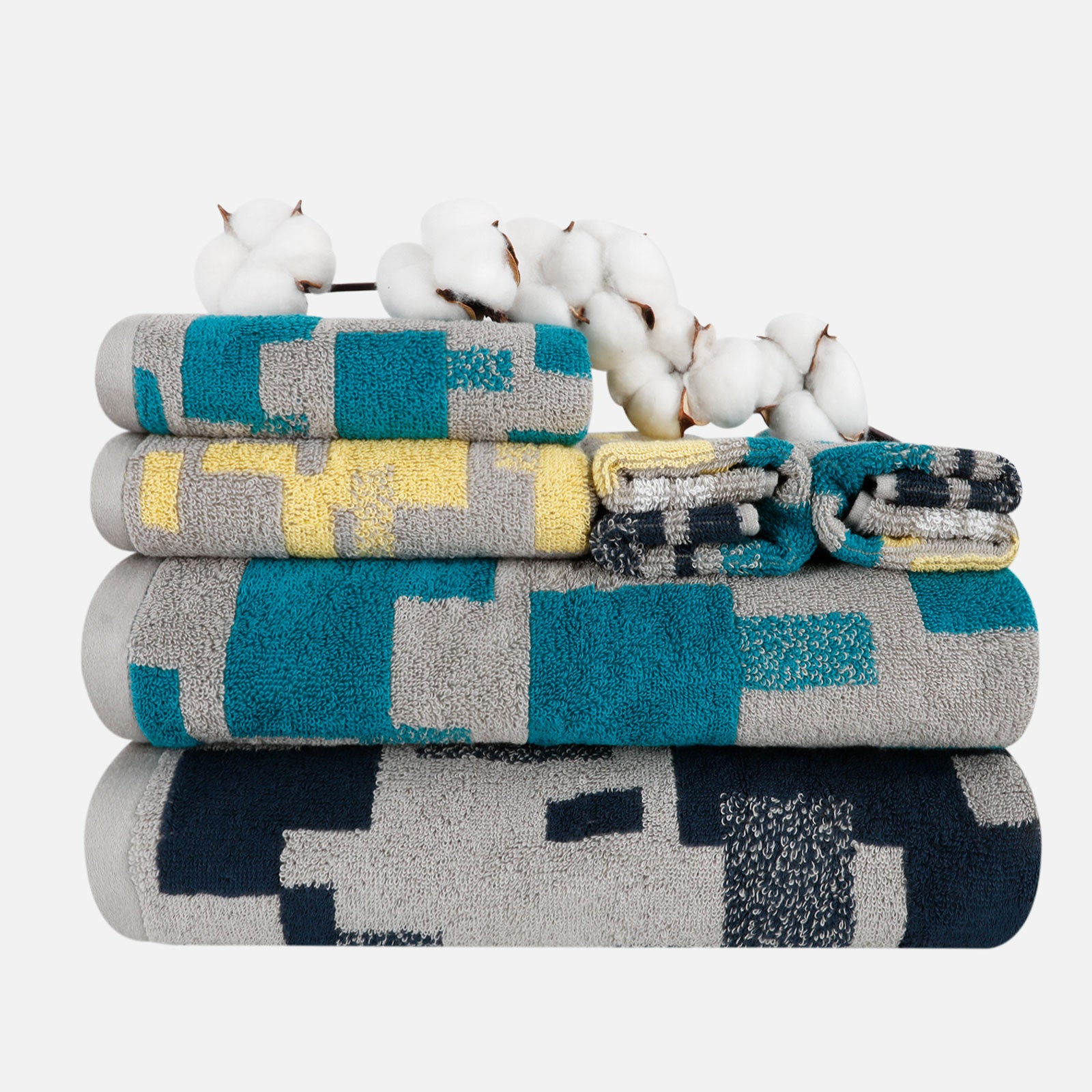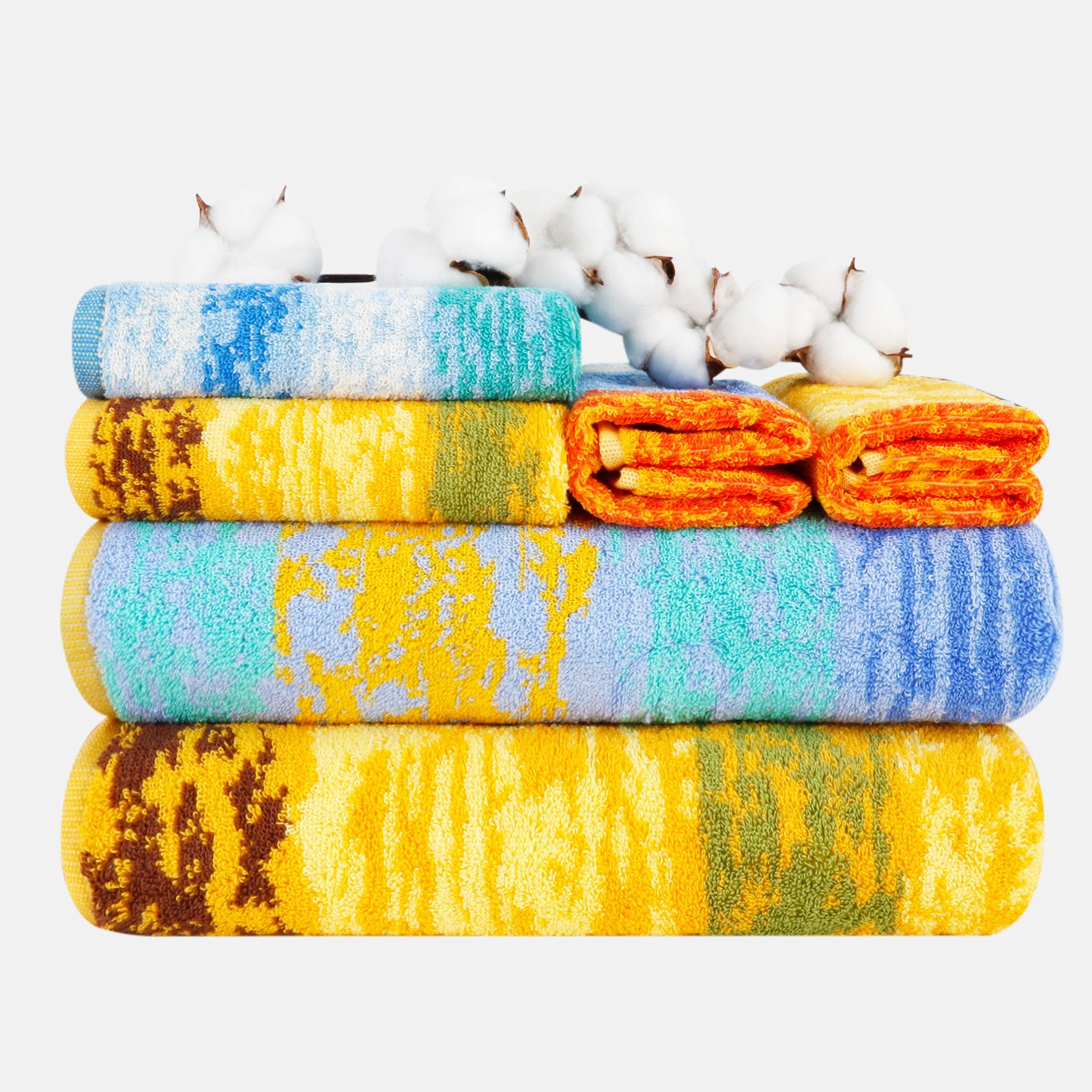Introduction
Towels are an everyday essential that we often take for granted, but have you ever stopped to wonder how they work their magic when it comes to drying? It all boils down to a combination of factors, from the type of material and the weaving process to the thickness and quality of the towel. In this blog post, we're going to dive deep into the science behind towels, focusing on what makes them absorbent and why this matters for your daily life.
The Role of Material
The choice of material is one of the most crucial factors determining a towel's absorbency. Common materials for towels include cotton, bamboo, microfiber, and more. Cotton towels are particularly renowned for their excellent absorbency. This is due to the unique structure of cotton fibers. Cotton is hygroscopic, meaning it has an inherent ability to attract and hold water molecules. The fine, natural fibers of cotton are adept at wicking moisture away from your body and trapping it within the towel.
The Weaving Process
The way the towel is woven plays a significant role in its absorbency. There are various weaving methods, such as terry, waffle, and velour. Terry cloth towels are the most absorbent due to their looped fibers, which create more surface area for water absorption. The loops effectively "grab" water droplets and lock them in, making terry towels a popular choice for bath and hand towels.
Thickness and Quality
The thickness and quality of a towel also matter when it comes to absorbency. Thicker towels generally have more material to absorb moisture, making them more effective. However, quality matters just as much as thickness. High-quality towels are not just thick but also made from premium materials. They tend to absorb water faster and dry you off more efficiently.
Why Absorbency Matters
-
Quick Drying: An absorbent towel helps you dry off quickly, which is especially important after a shower or swim. No one wants to spend ages rubbing themselves down with an ineffective towel.
-
Hygiene: An absorbent towel helps prevent the growth of bacteria and mold, which thrive in damp conditions. Towels that don't dry quickly can become breeding grounds for these unwanted guests.
-
Comfort: A good, absorbent towel contributes to your overall comfort. It allows you to get dry without excessive rubbing or friction, preventing skin irritation.
-
Longevity: High-quality, absorbent towels tend to last longer, as they maintain their effectiveness over time. You won't have to replace them as often, saving you money in the long run.
Conclusion
Towels are more than just simple pieces of fabric; they are designed to efficiently absorb moisture and provide comfort. The choice of material, weaving process, thickness, and overall quality all play a role in determining how absorbent a towel is. Understanding these factors can help you make informed choices when selecting towels for your home. So, next time you reach for a towel after a shower, you'll have a deeper appreciation for the science behind its absorbency and how it enhances your daily life.
